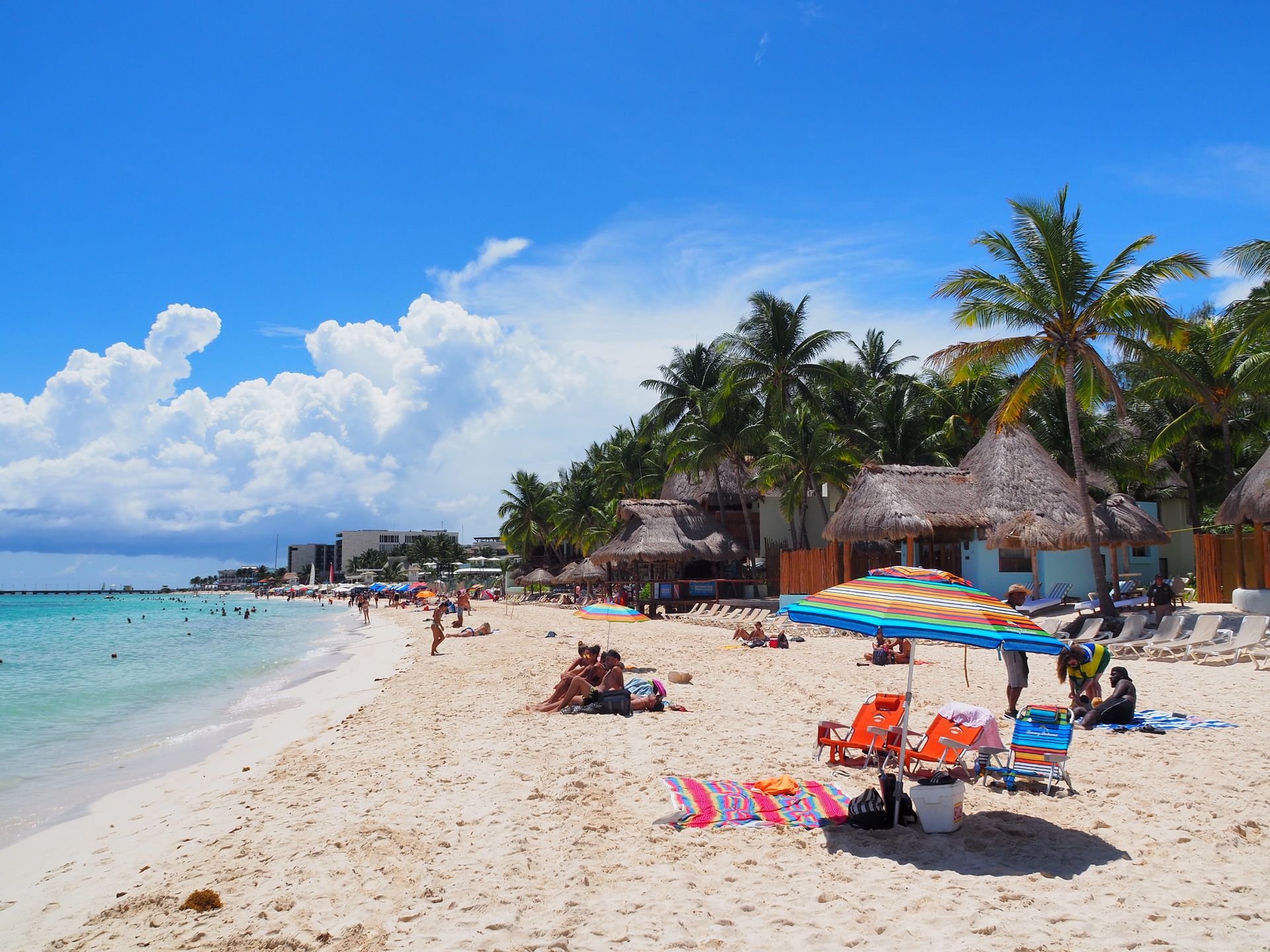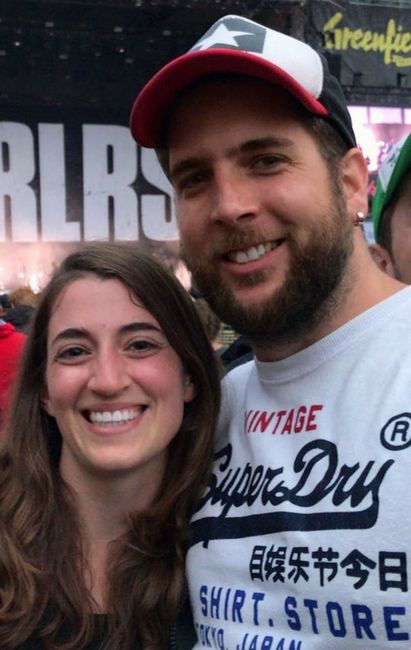
Auszeit - Reise Richtung Osten
vakantio.de/auszeit-reise-richtung-osten
Mandalay and Hsipaw Trekking
Опубликовано: 11.03.2019
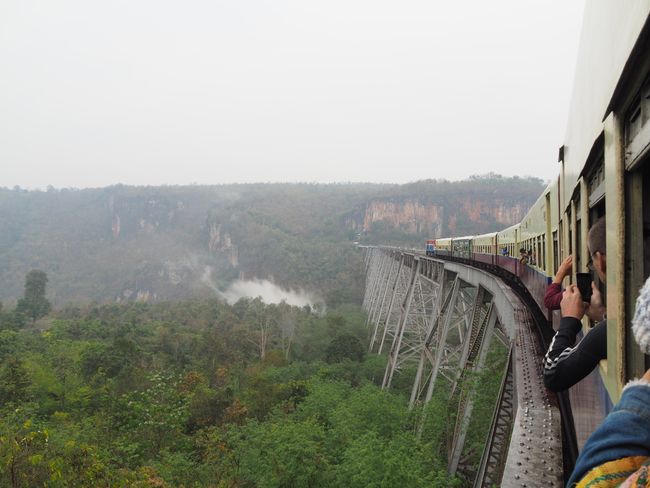
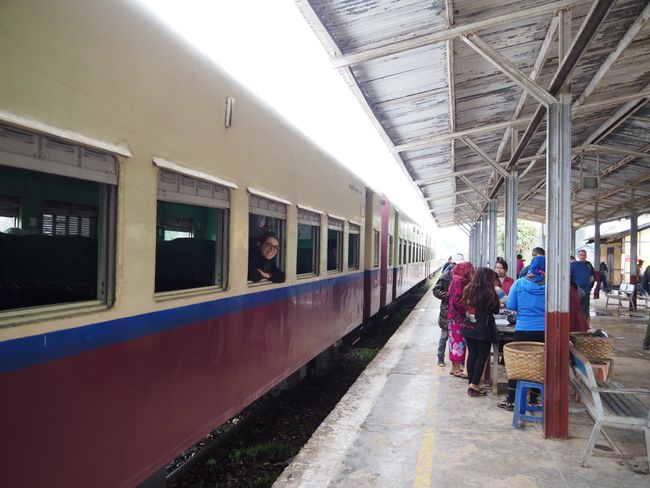
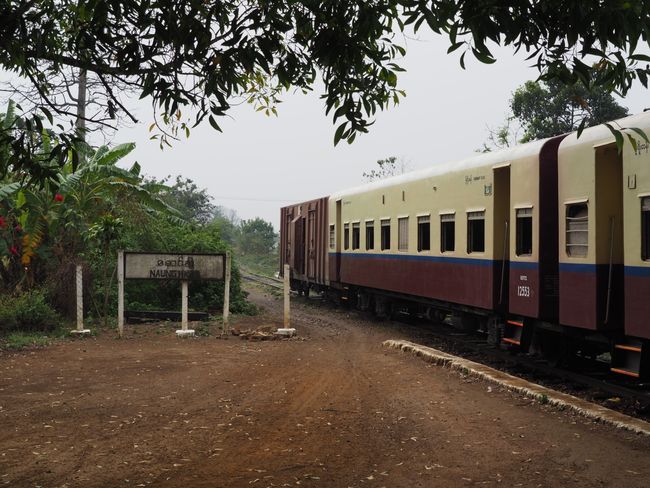
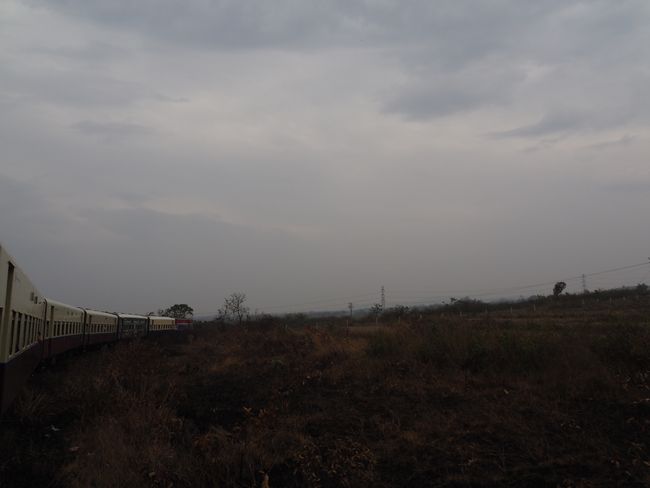
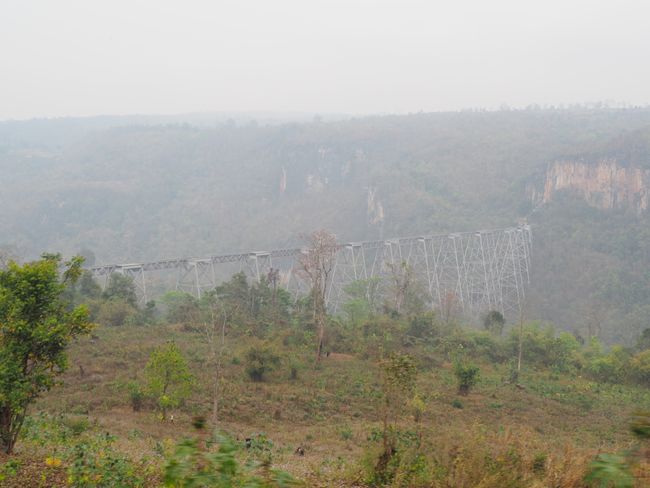
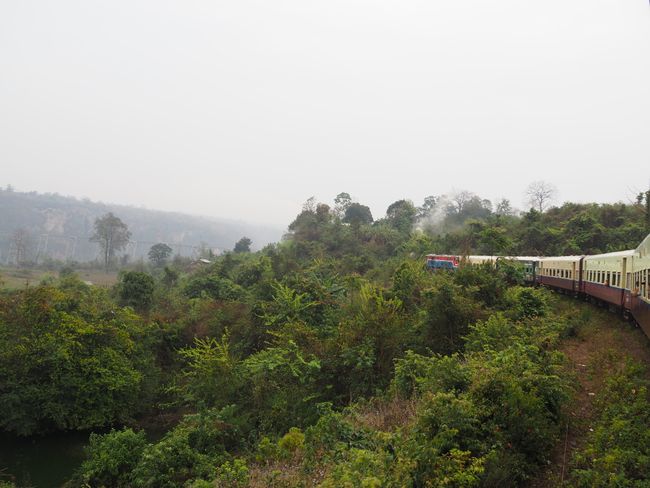
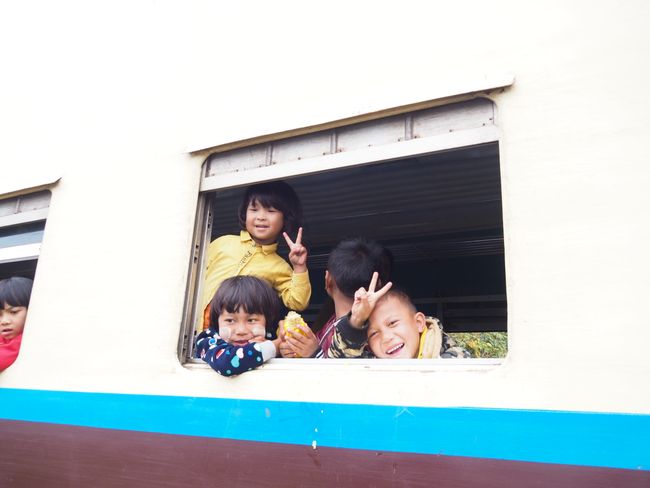
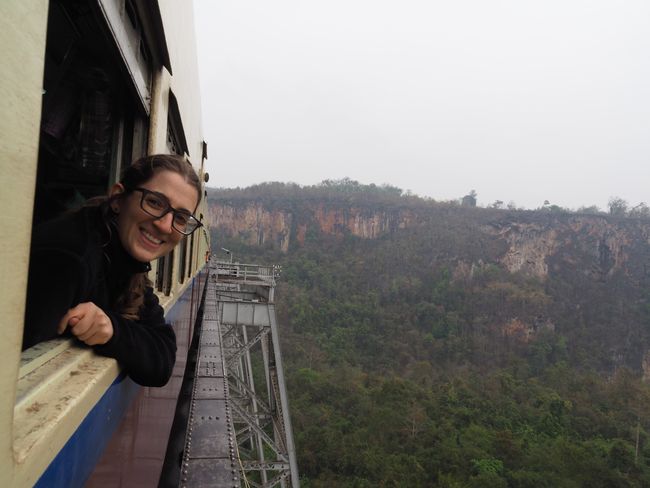
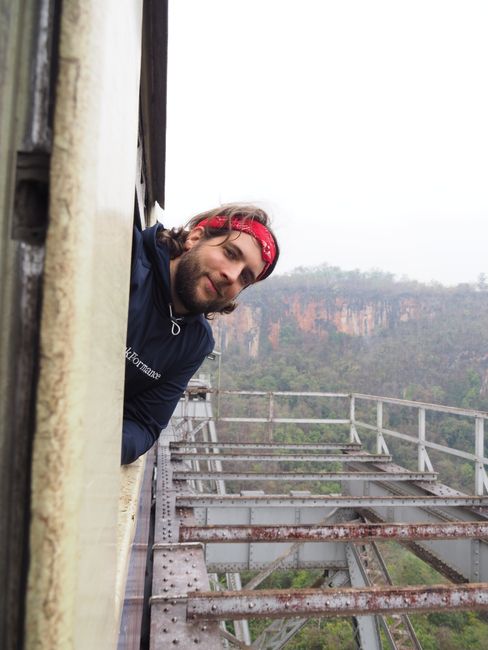
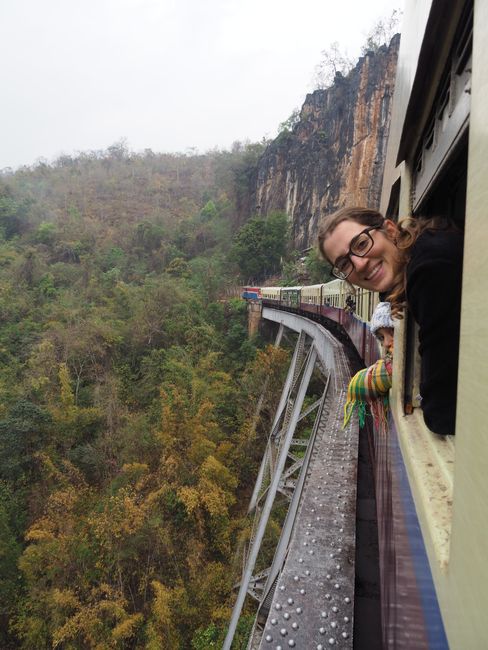
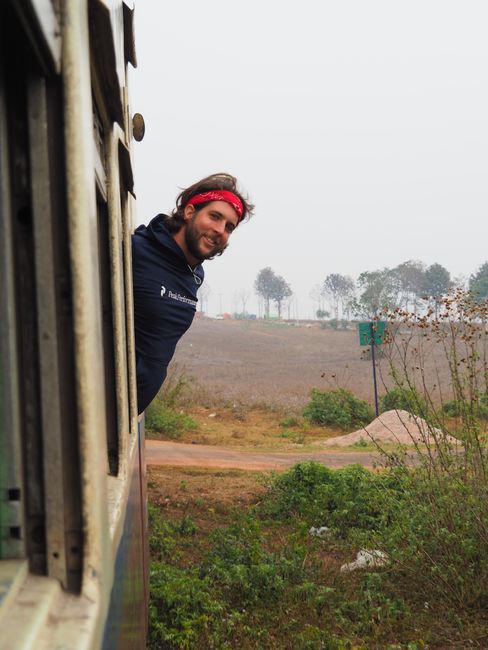
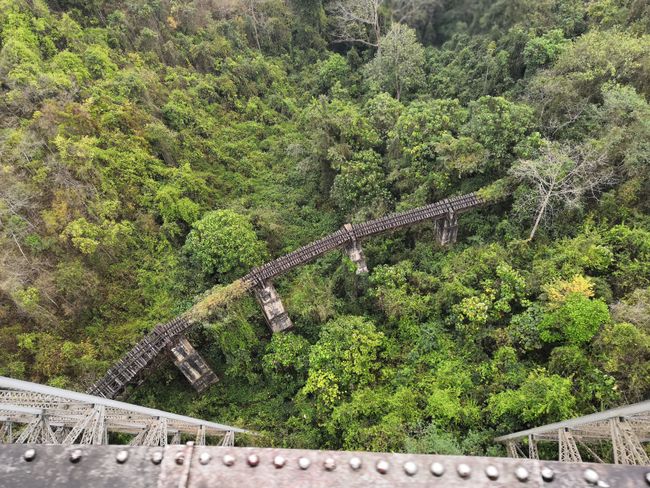
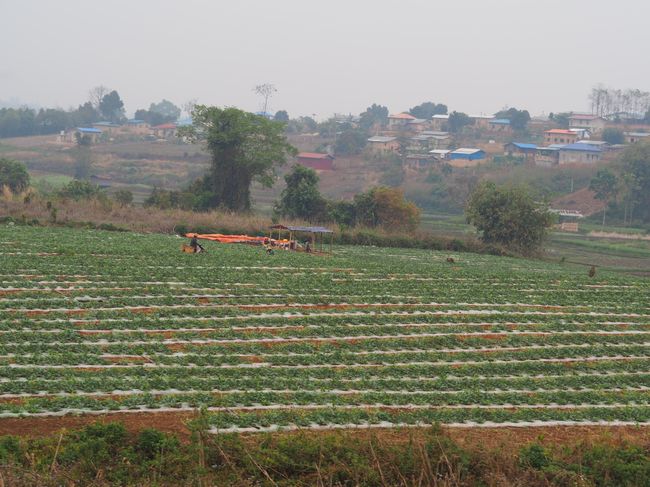
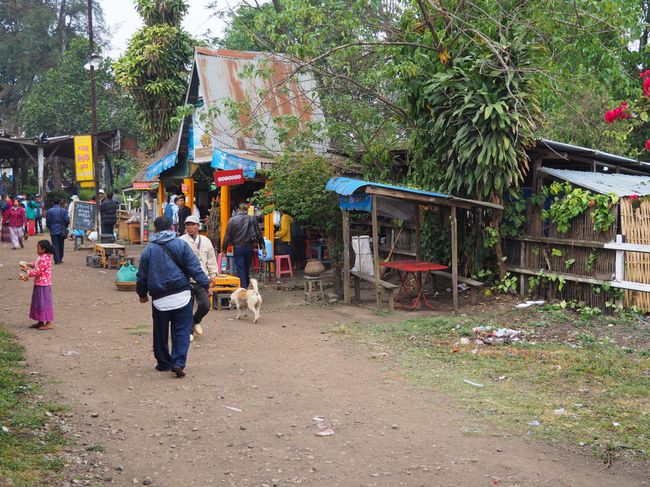
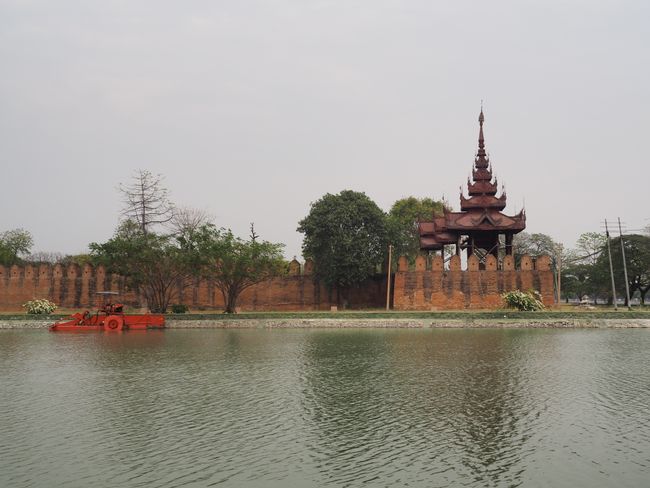
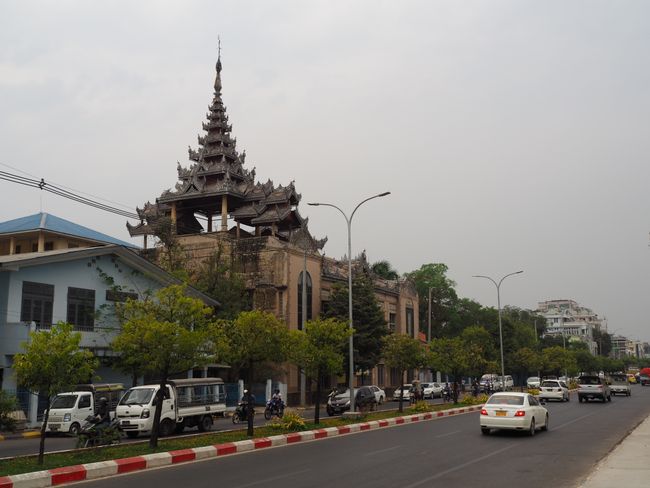
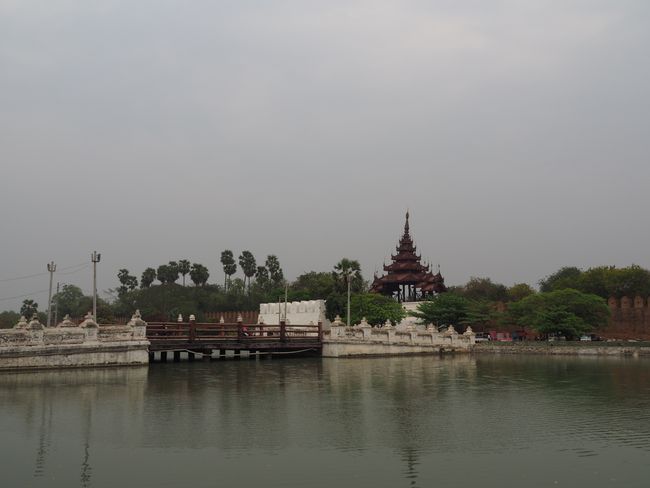
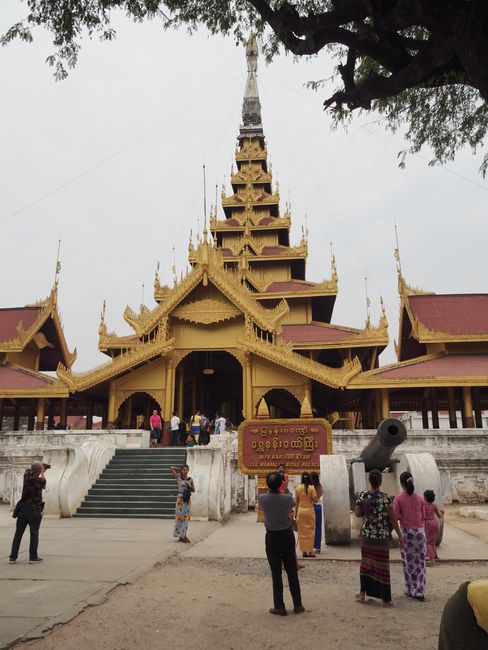
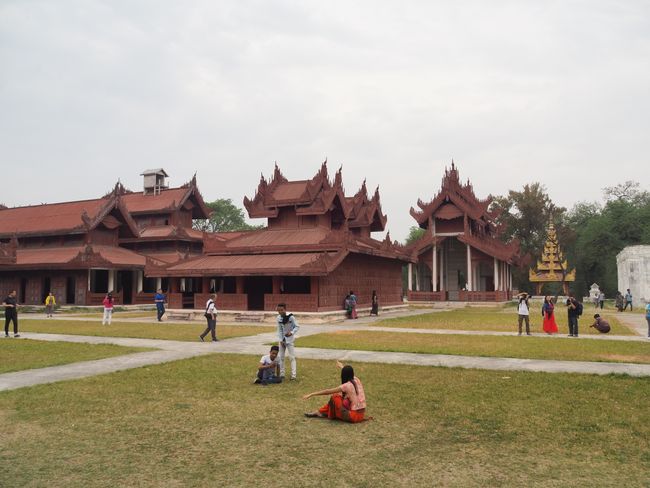
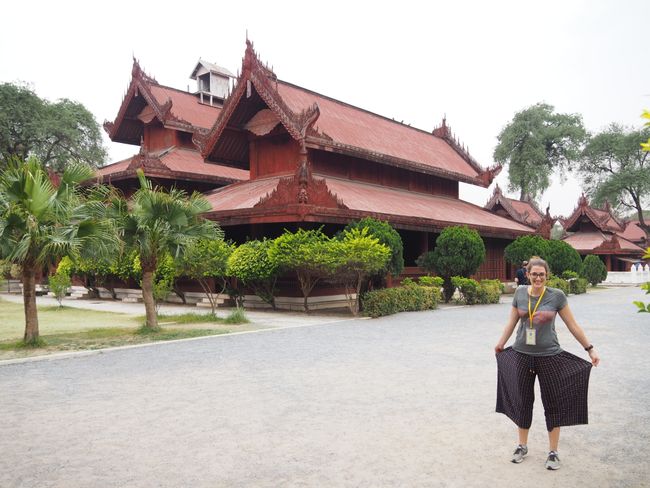
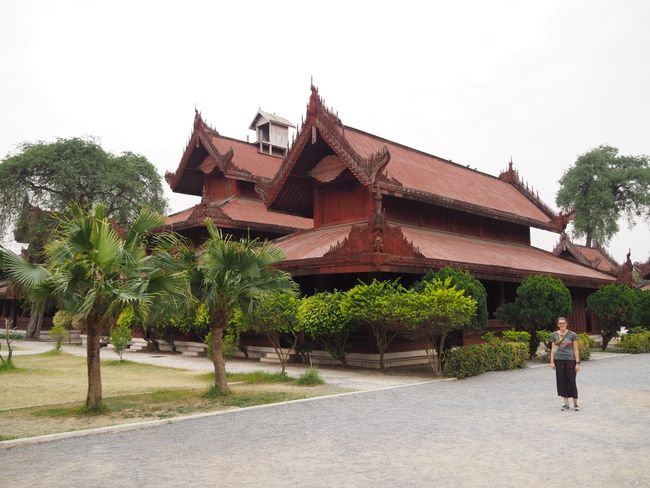
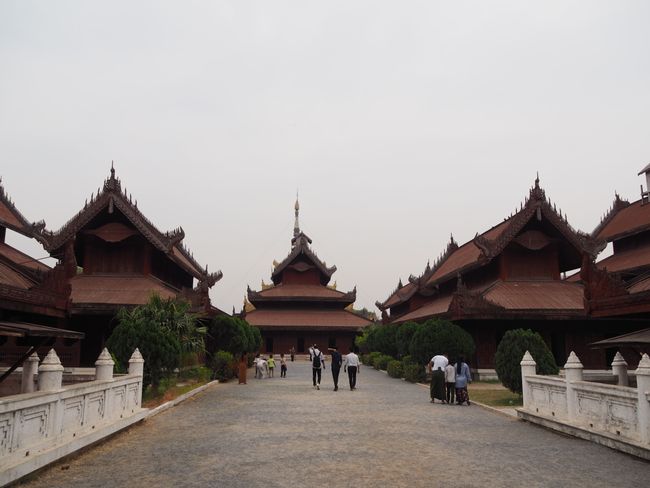
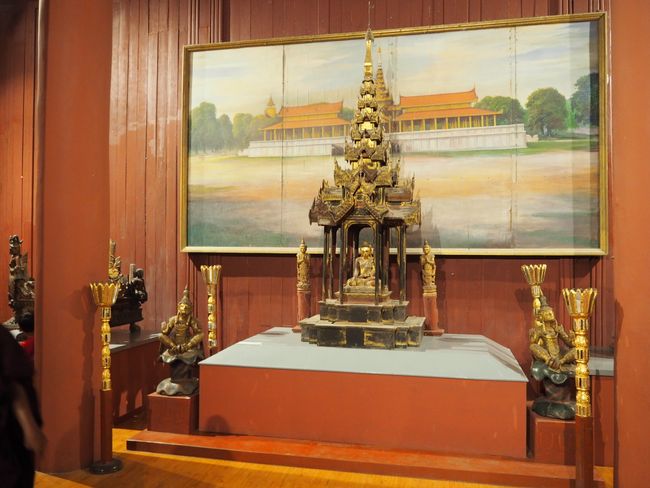
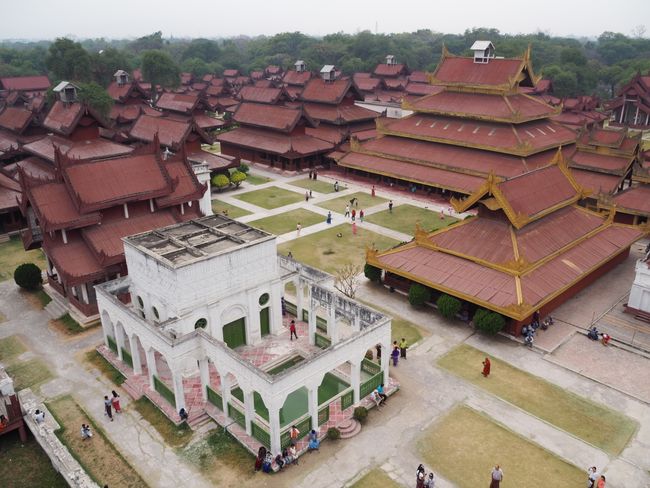
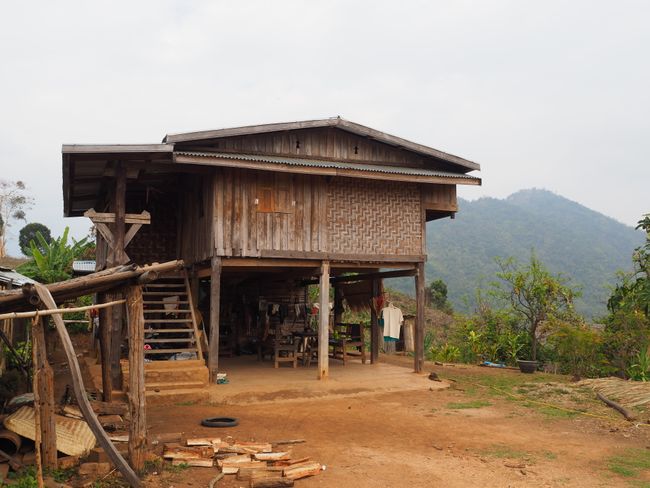
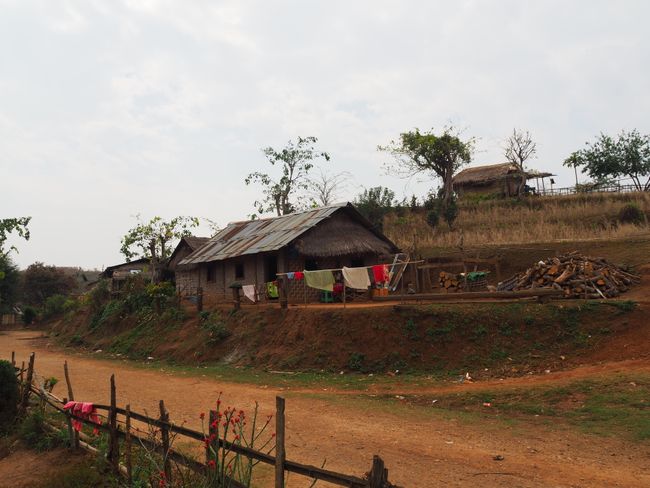
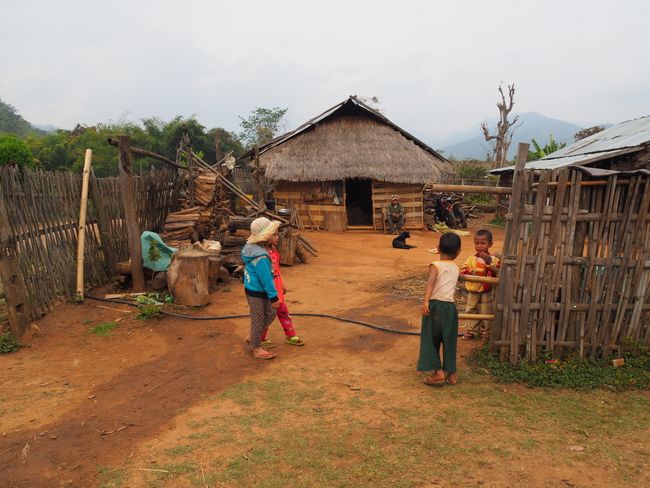
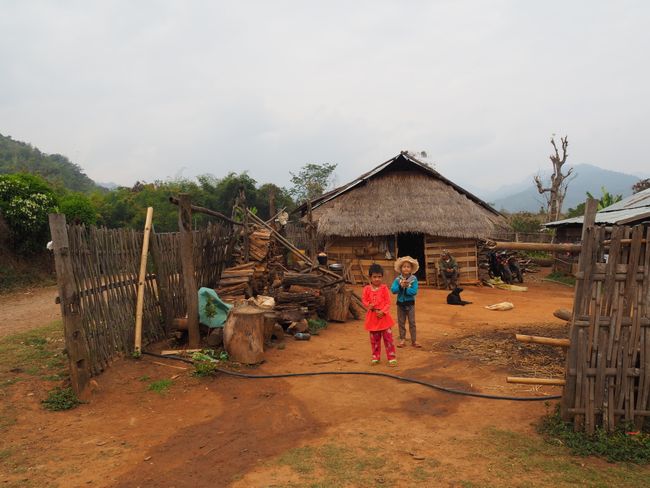
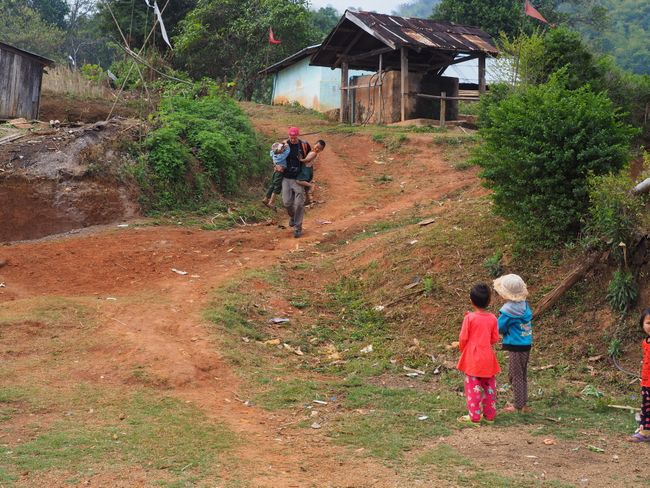
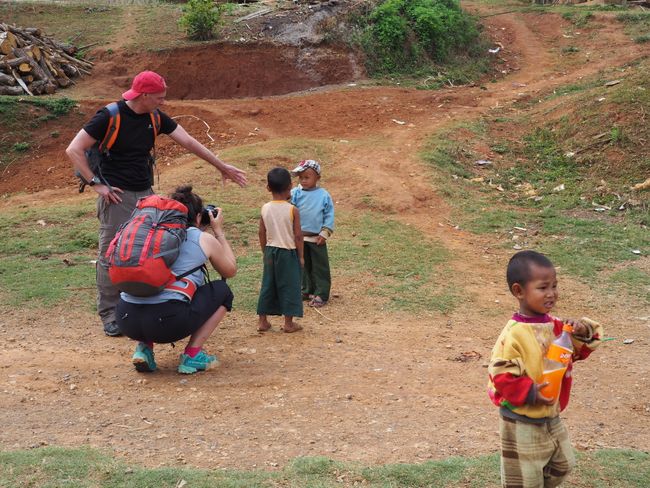
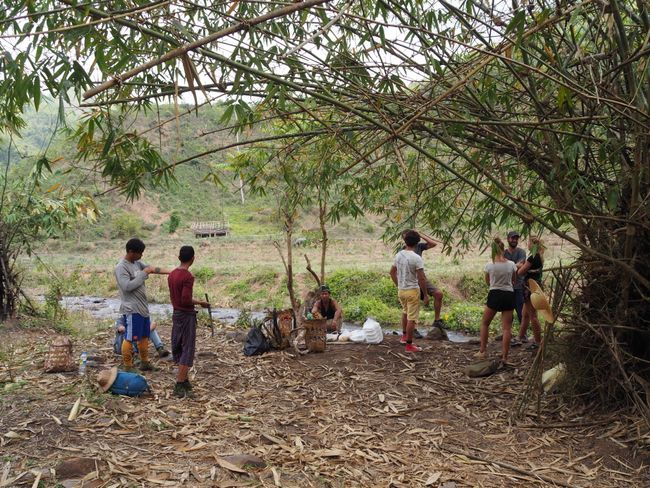
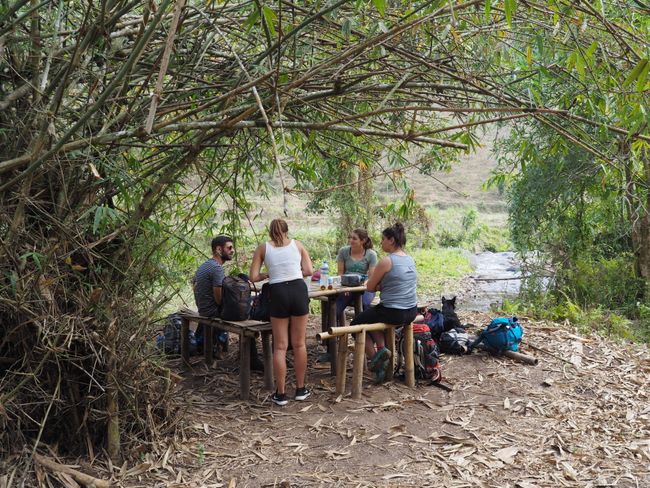
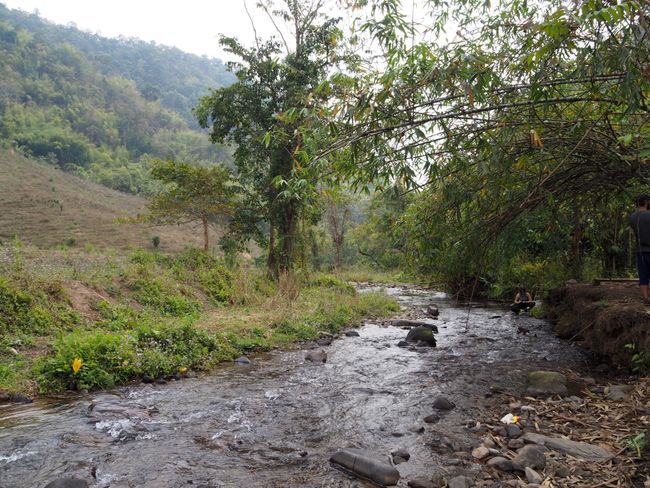
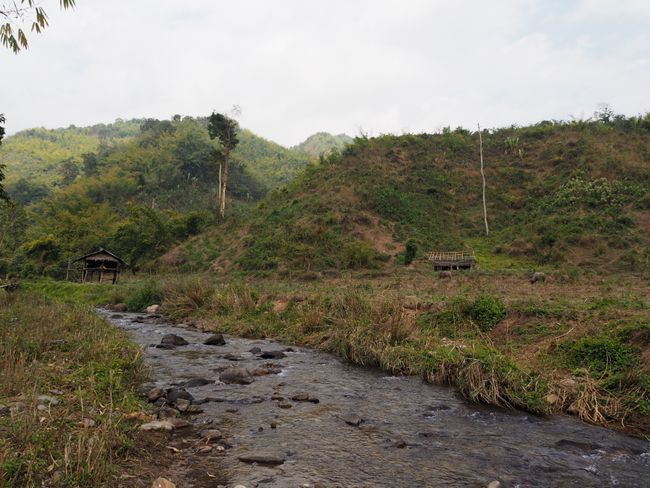
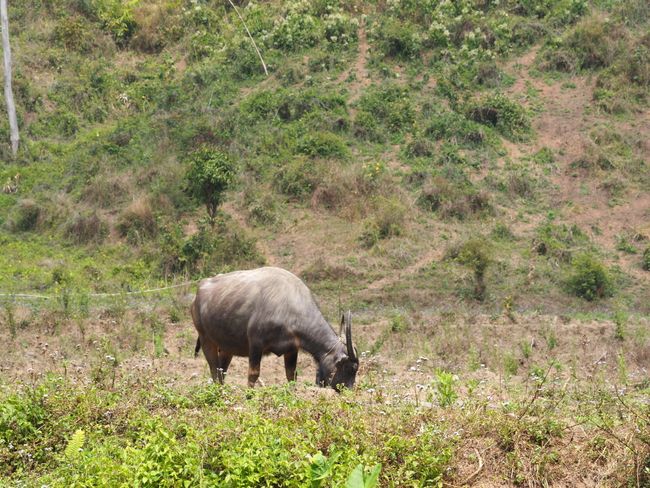
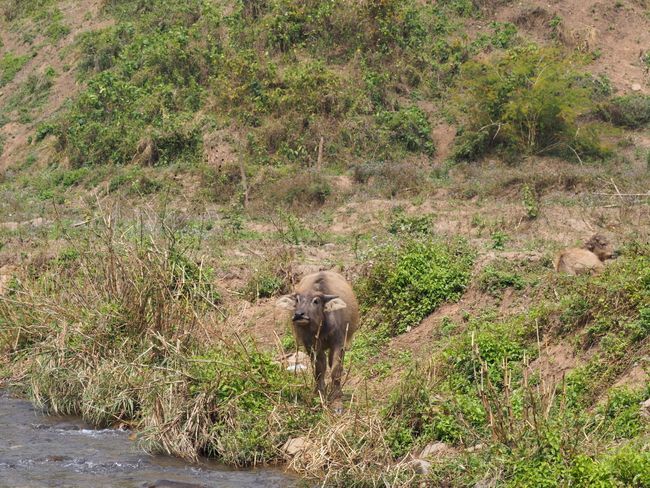
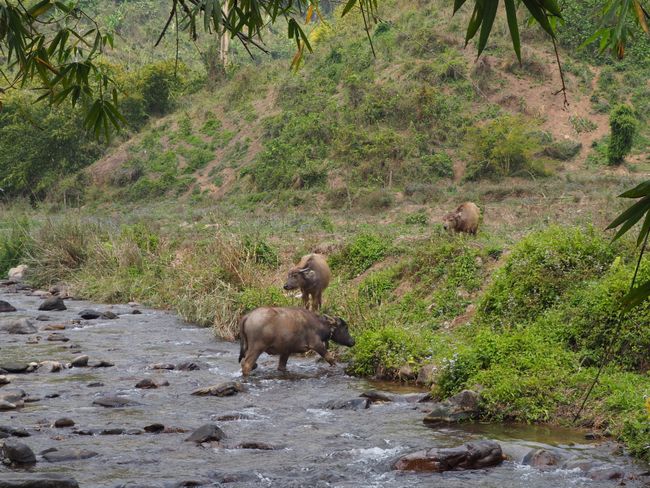
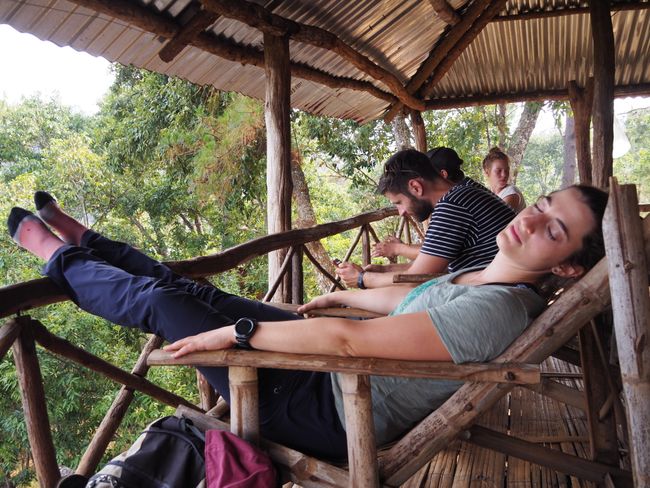
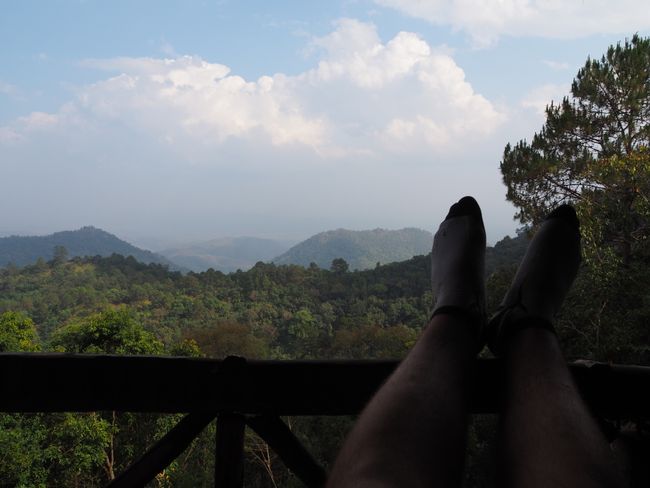
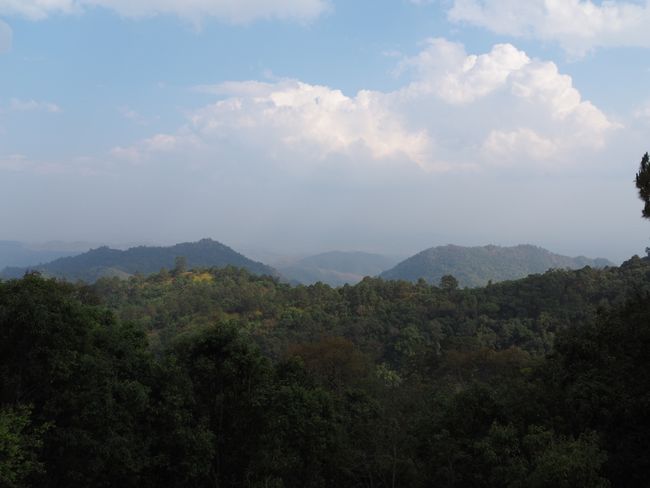
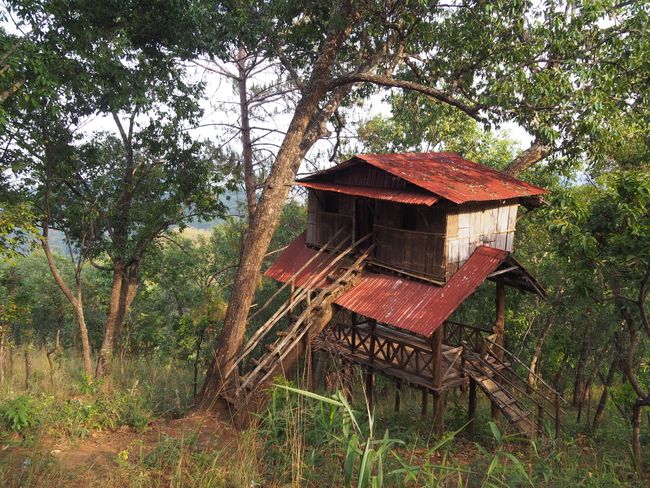
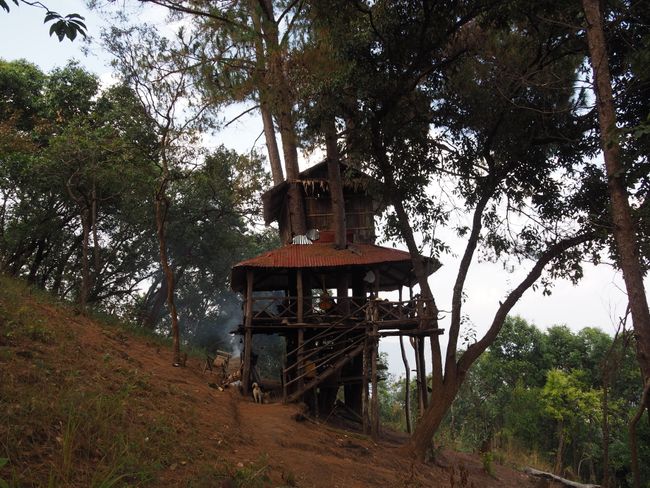
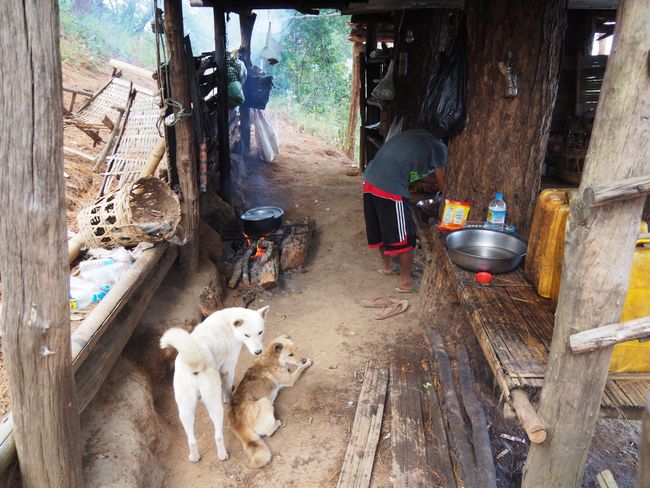
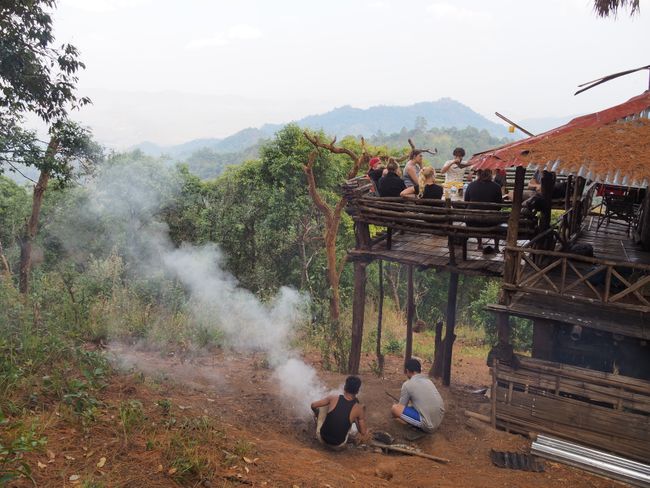
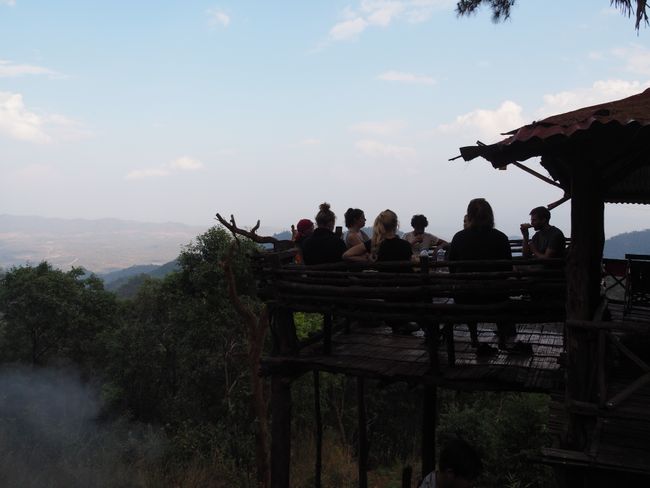
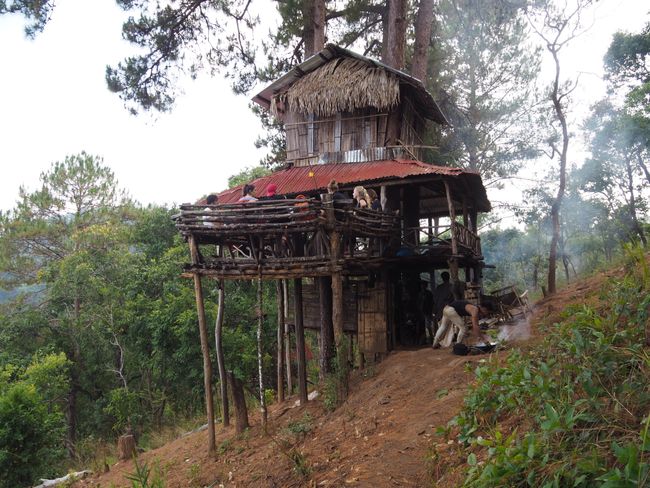
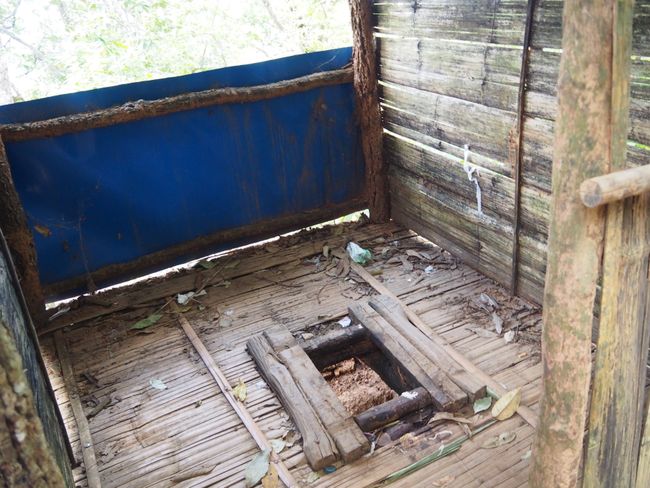
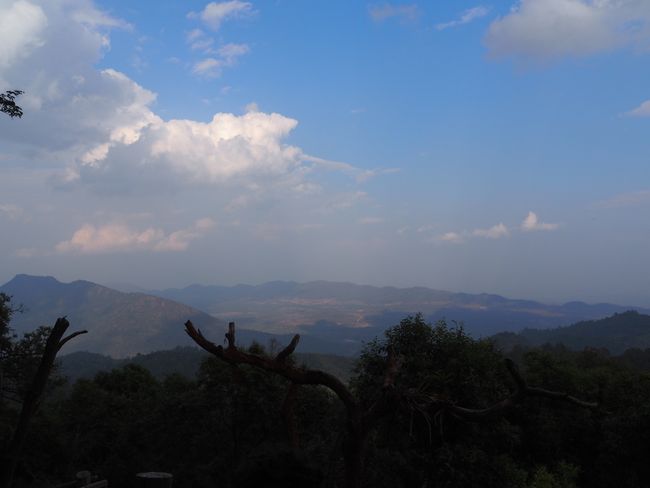
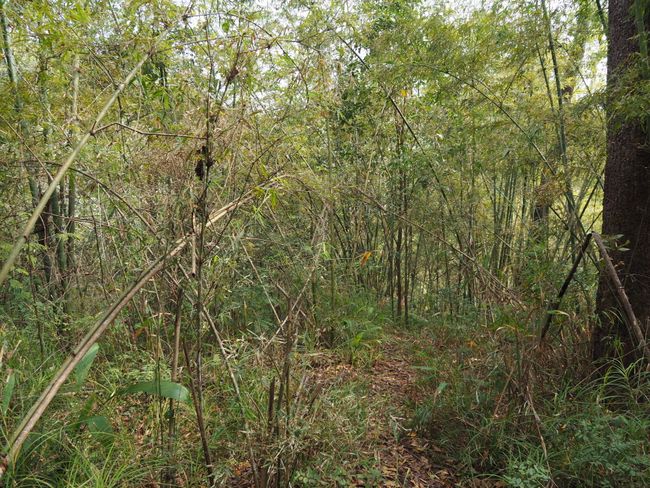
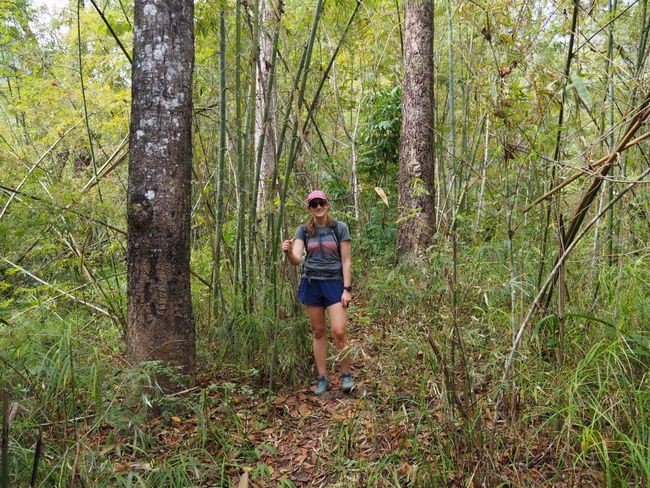
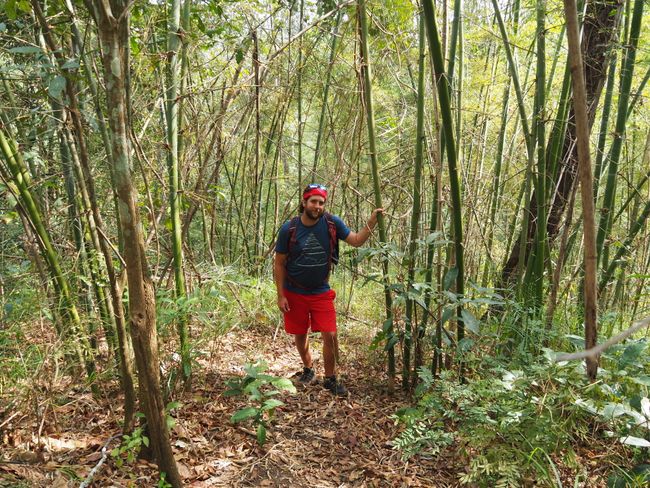
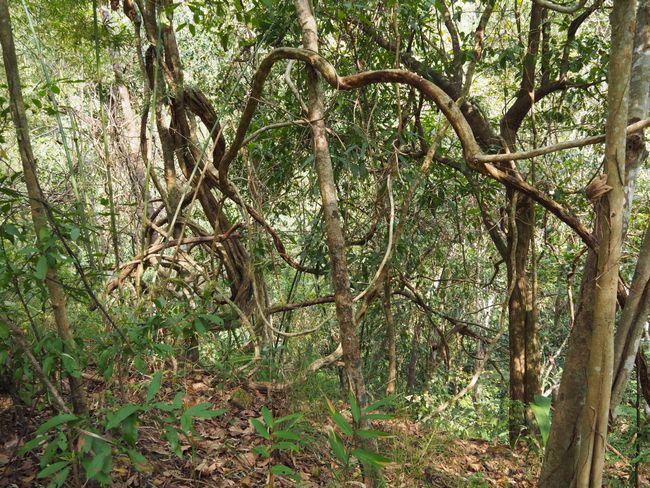
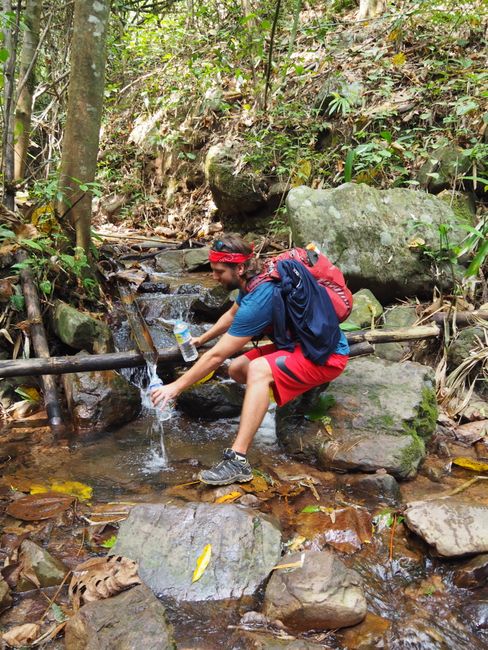
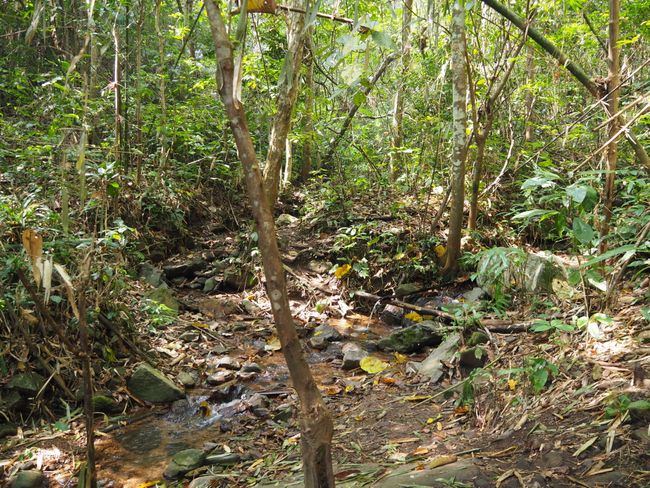
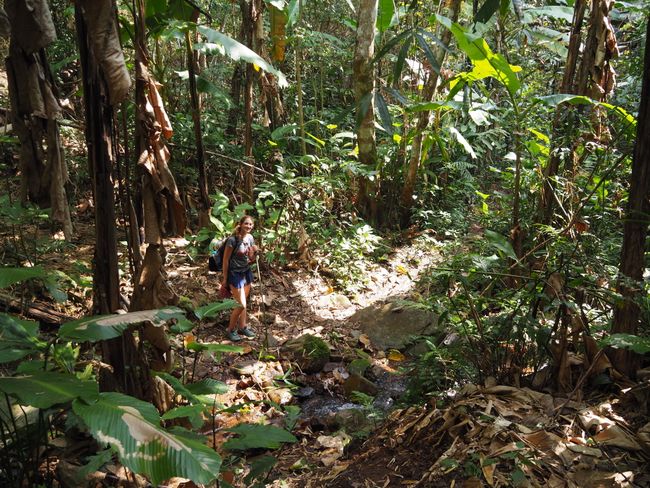
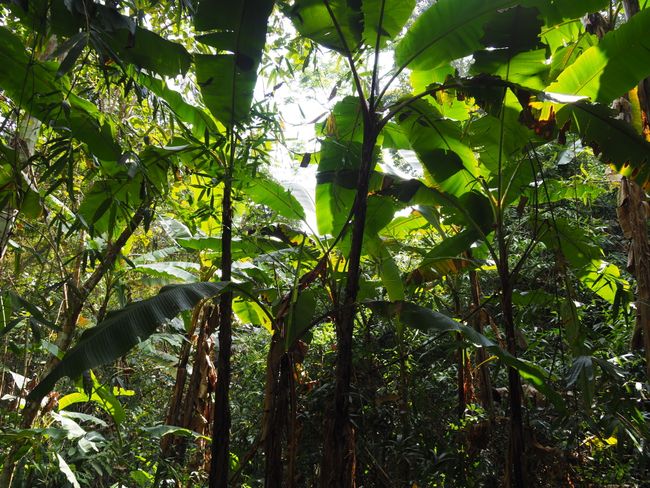
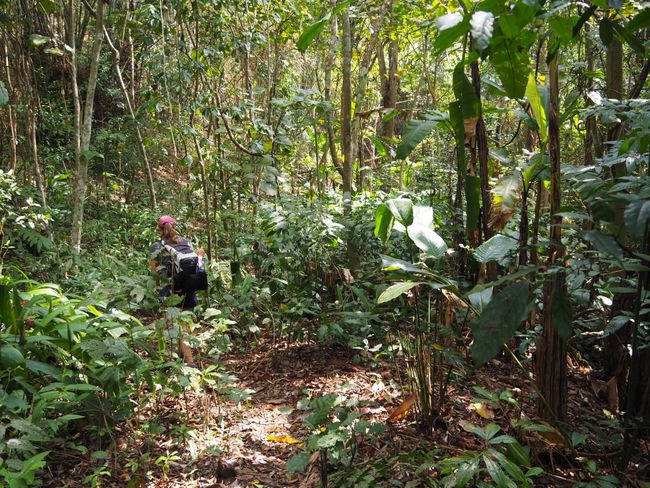
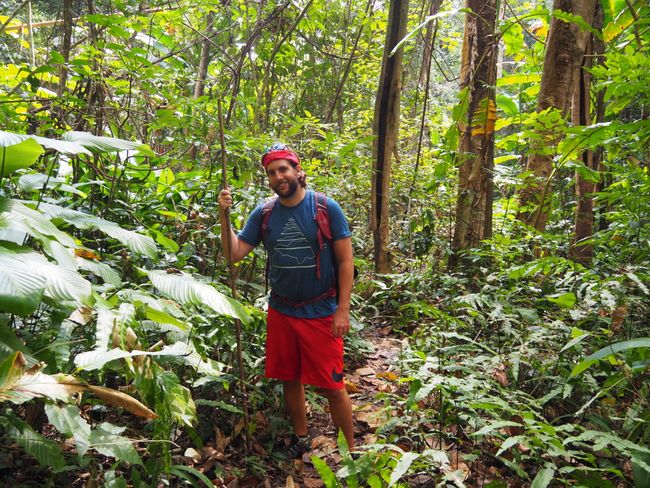
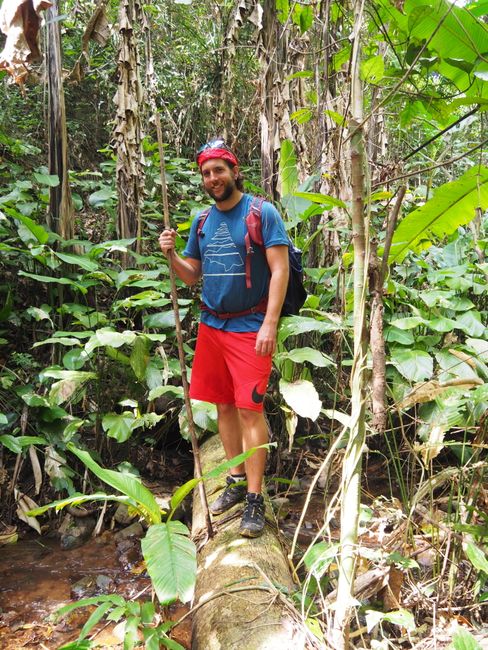
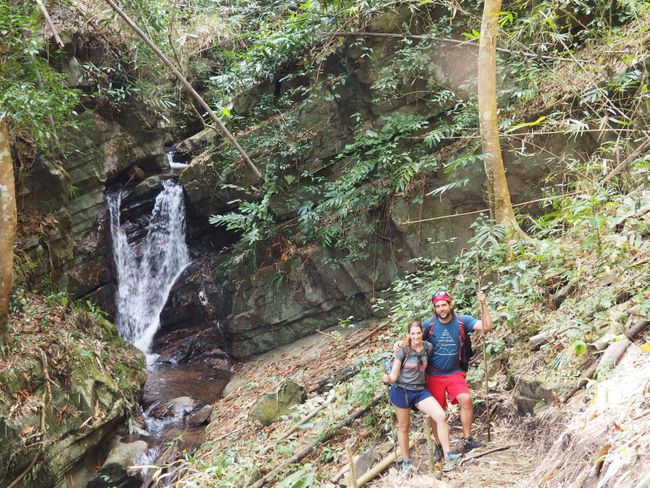
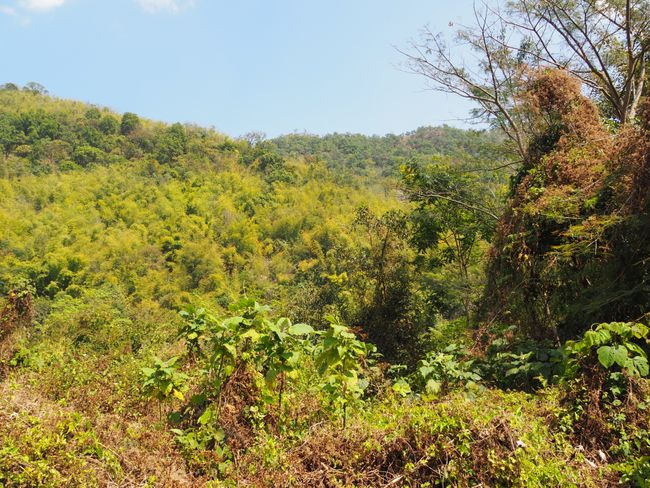
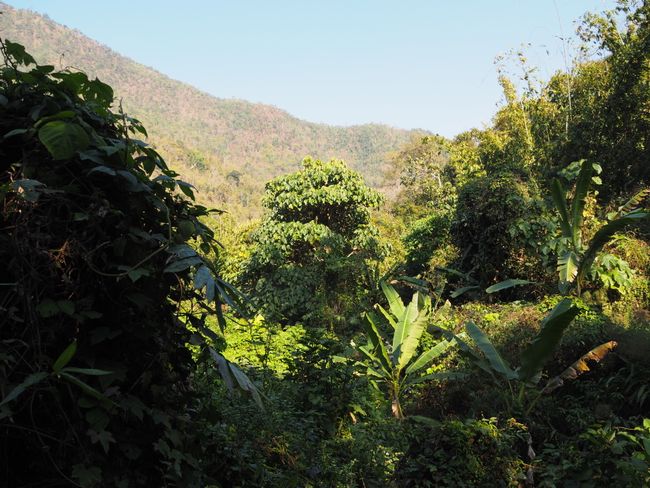
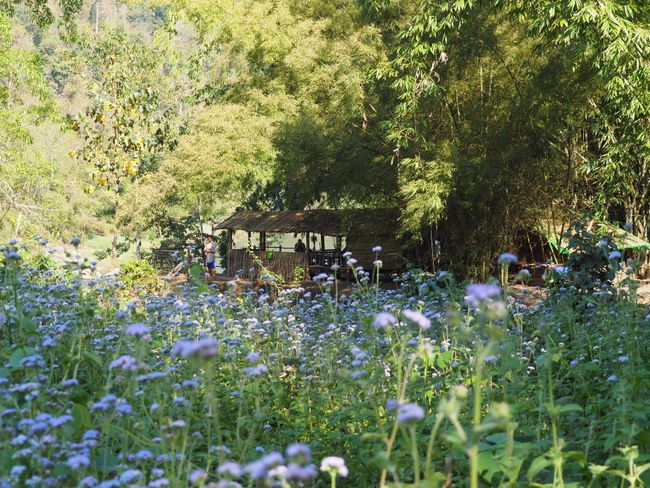
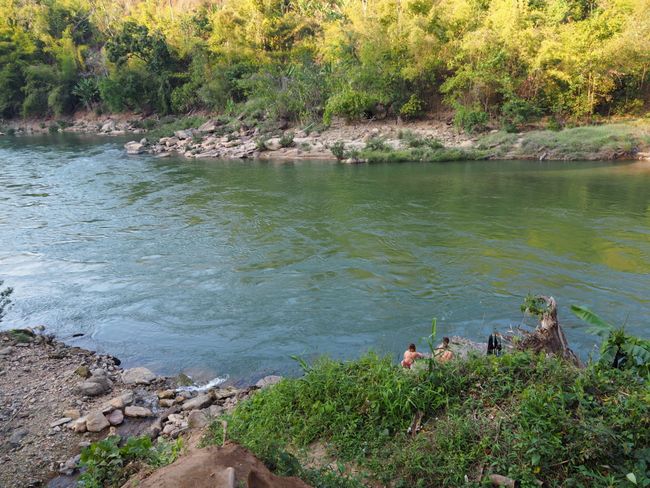
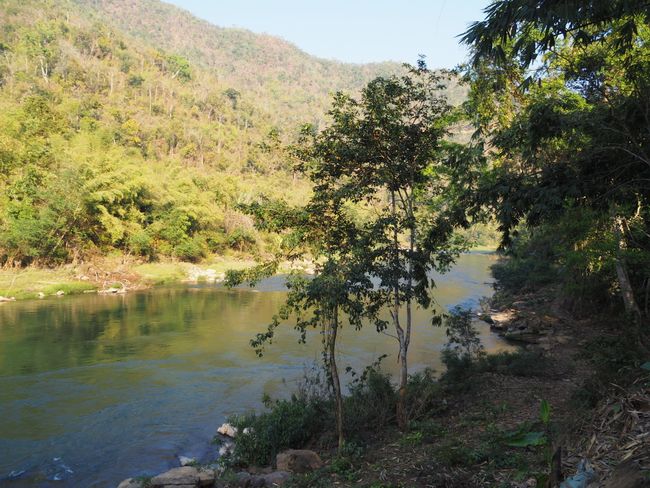
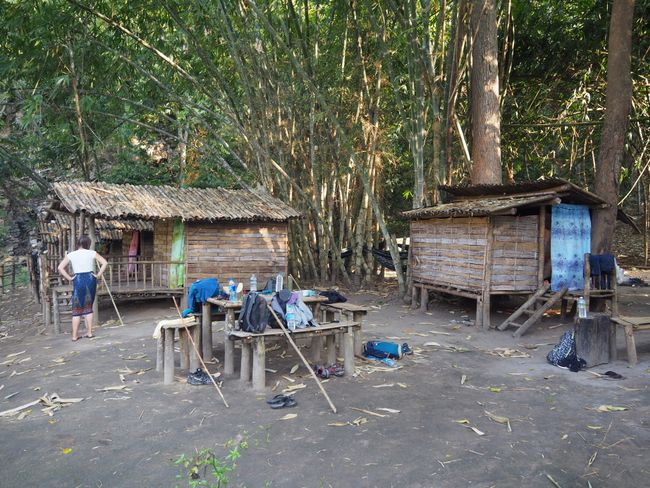
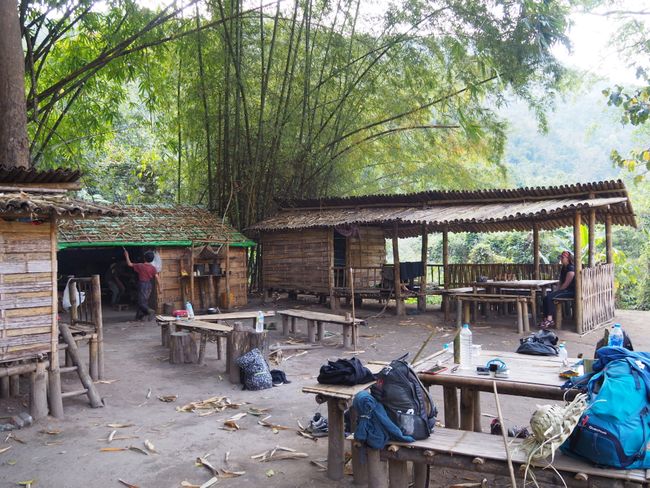
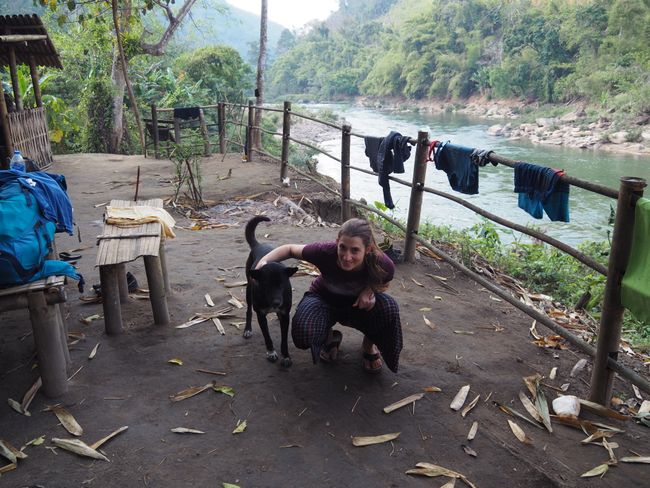
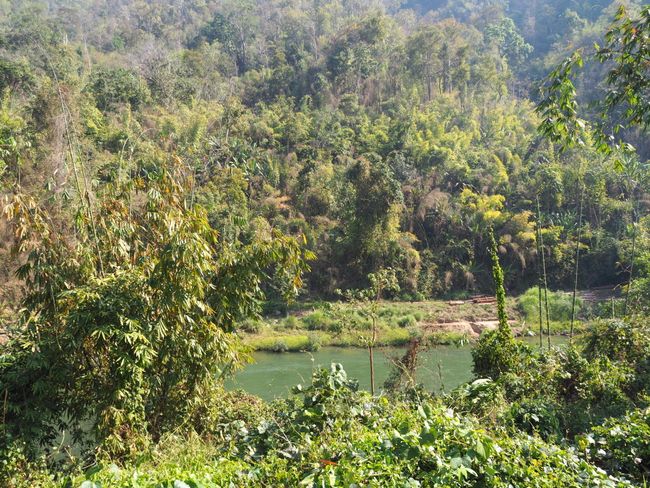
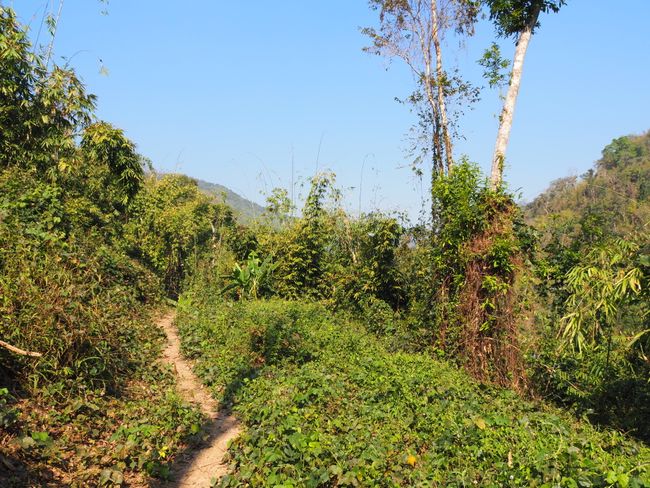
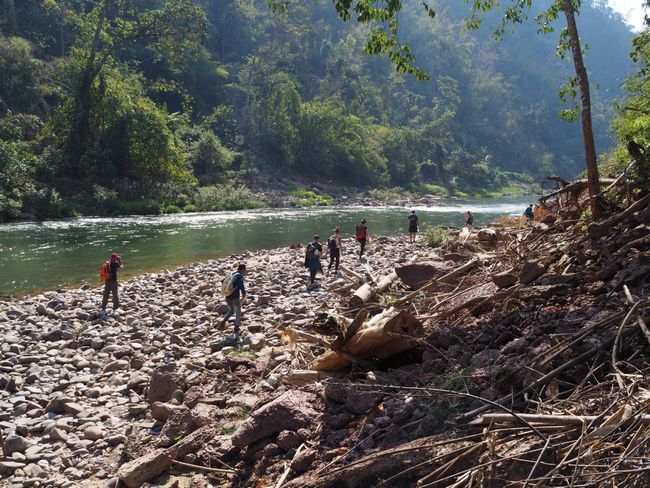
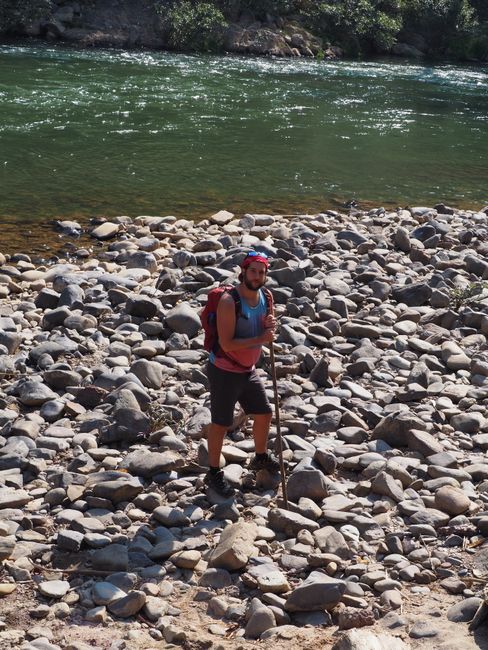
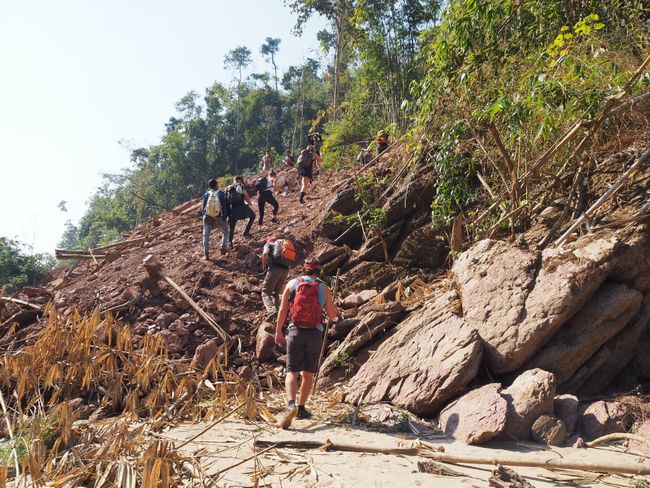
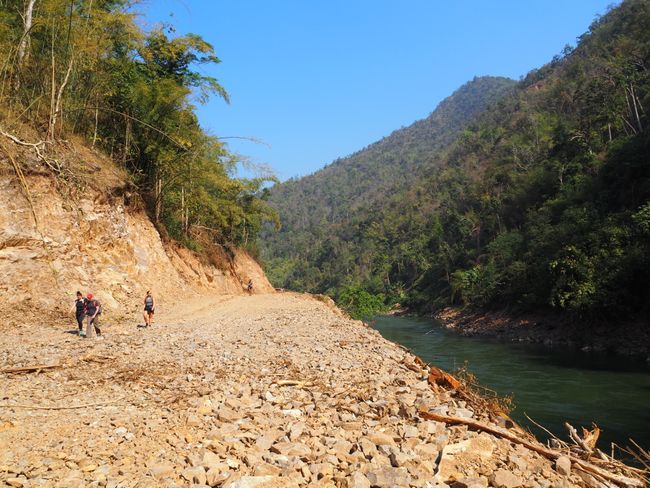
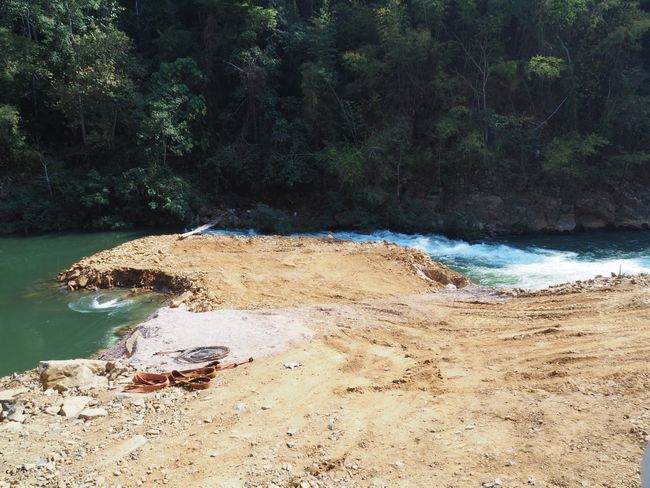
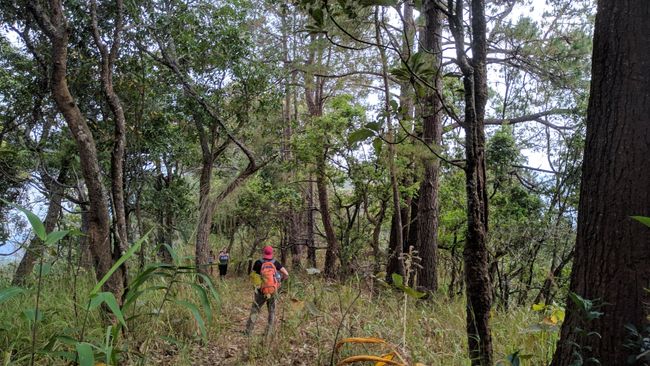
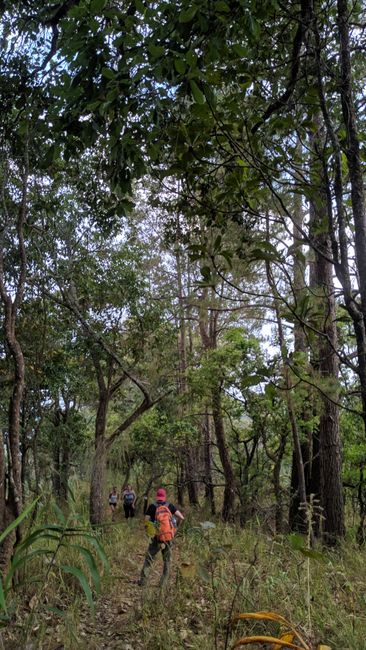
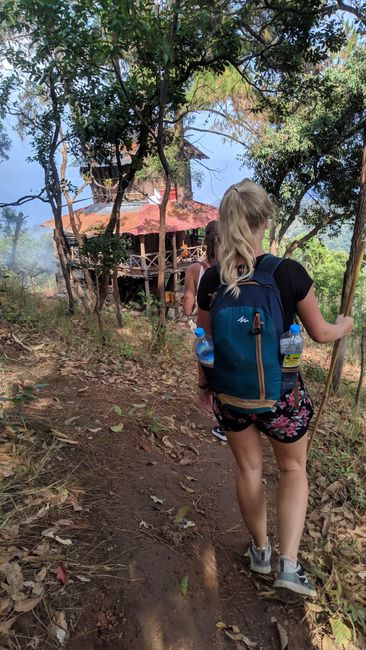
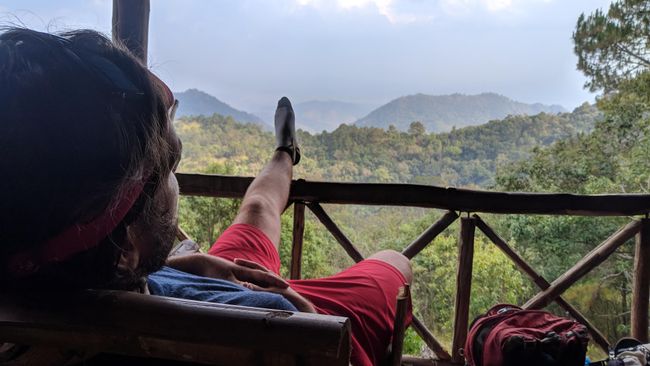
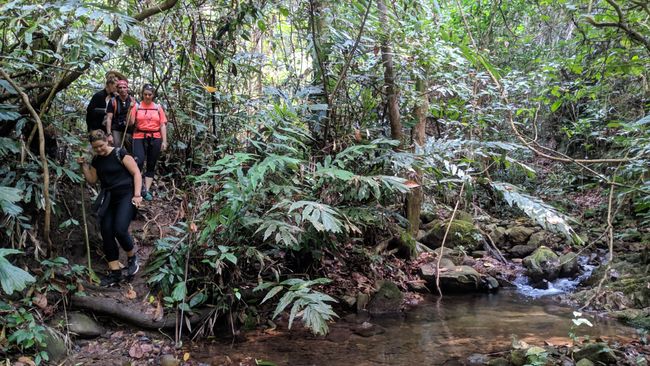
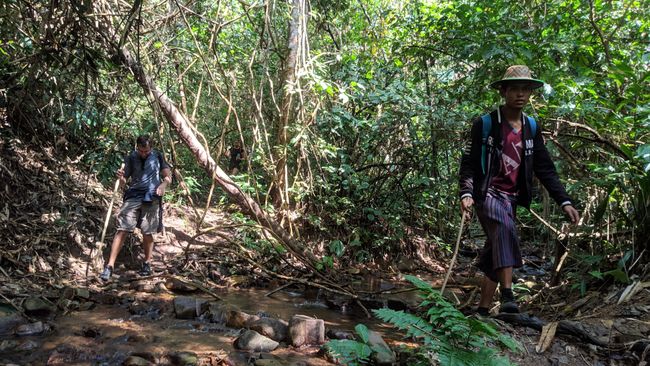
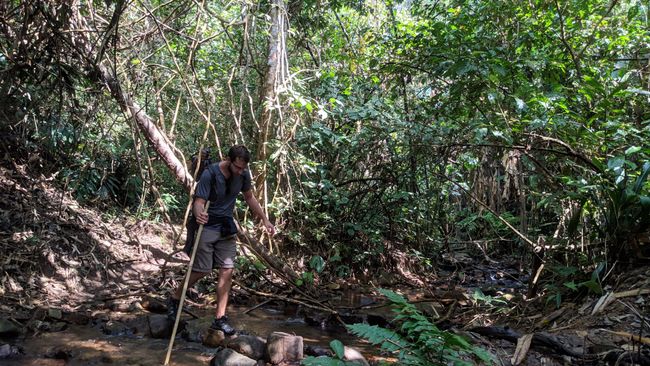
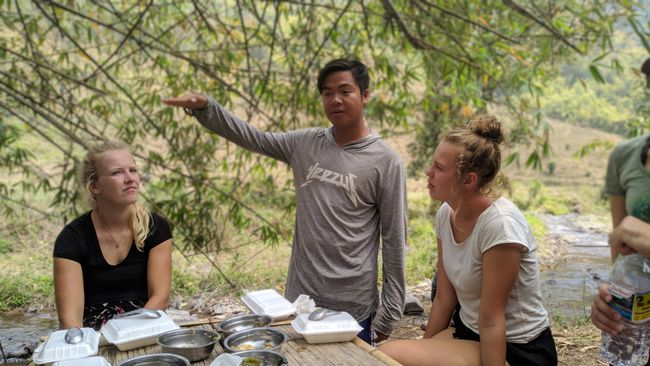
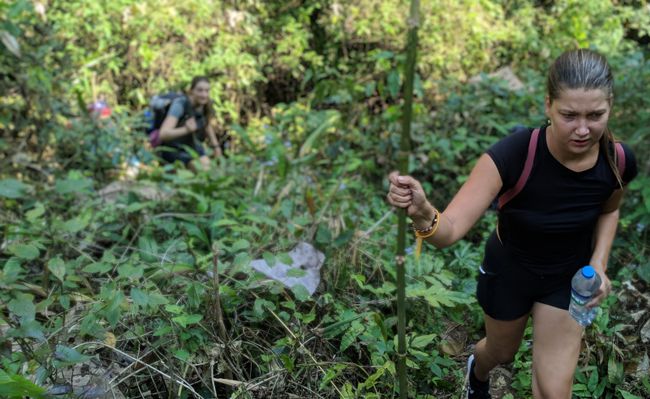
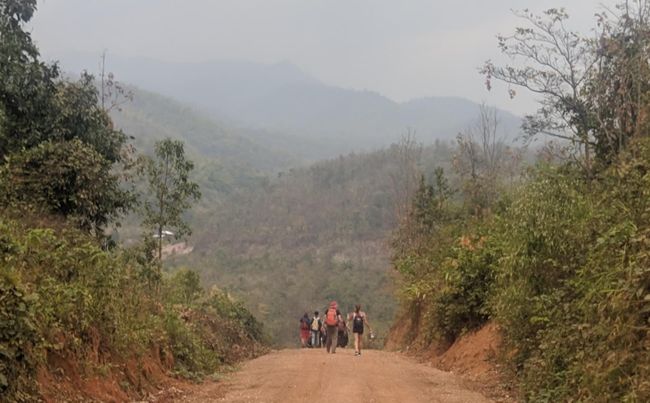
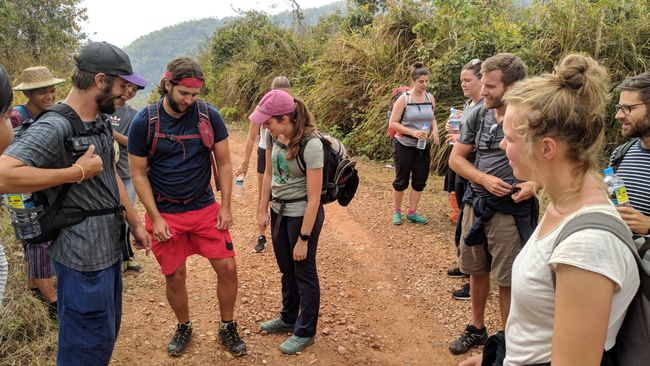
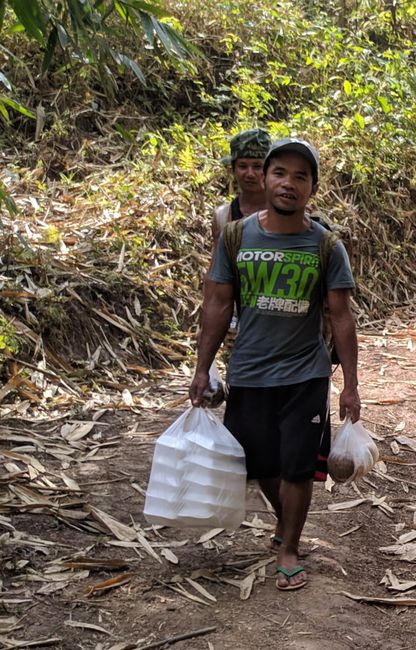
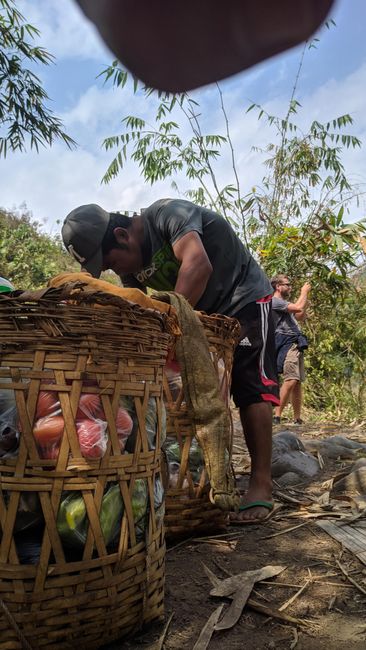
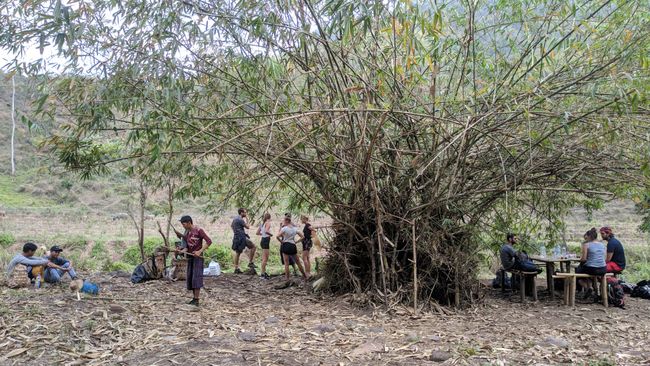
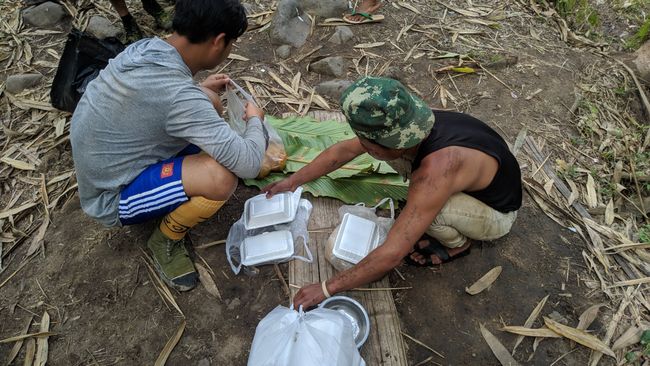
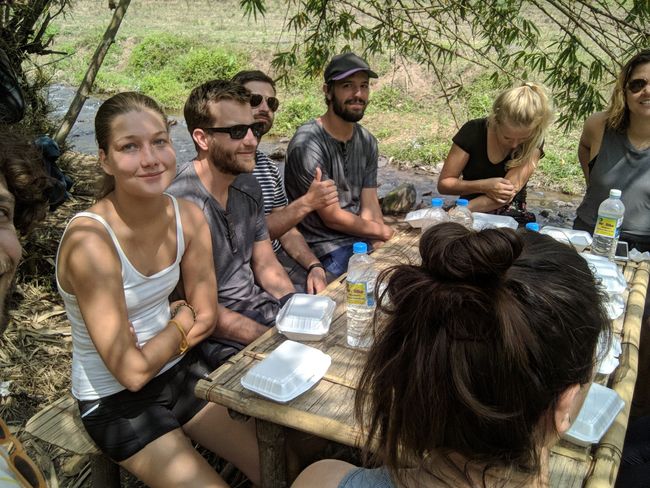
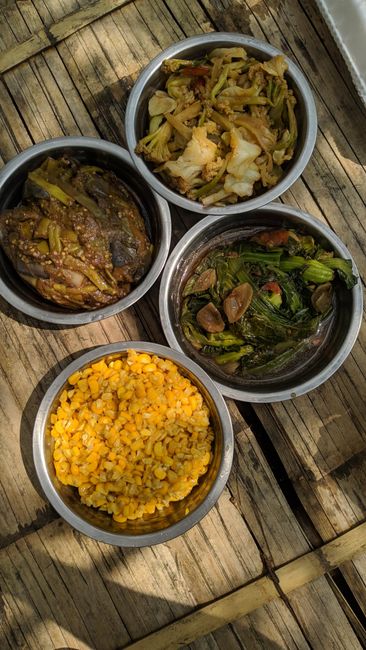
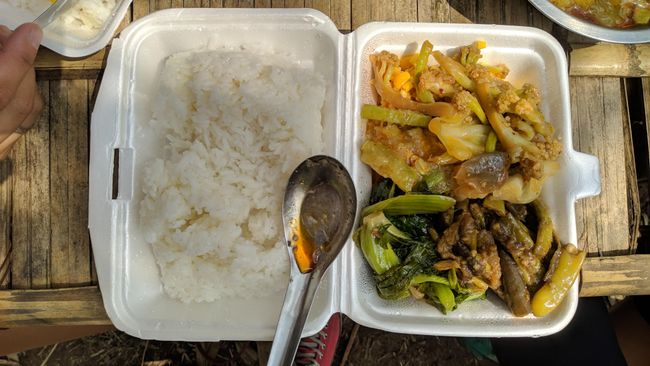
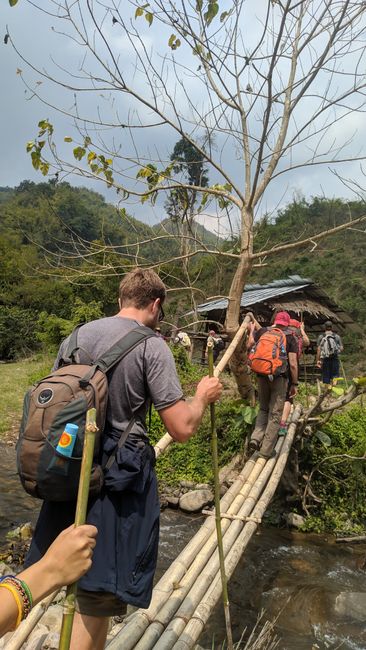
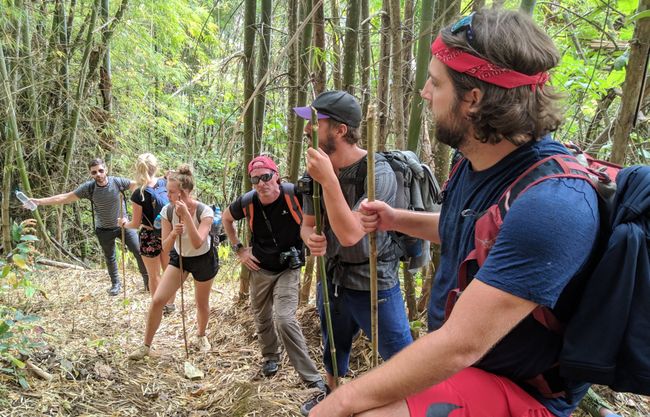
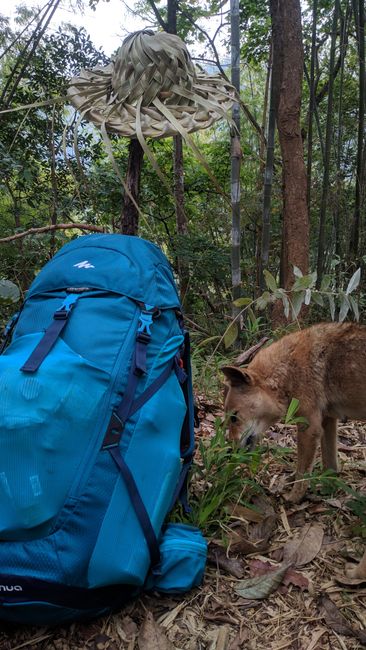
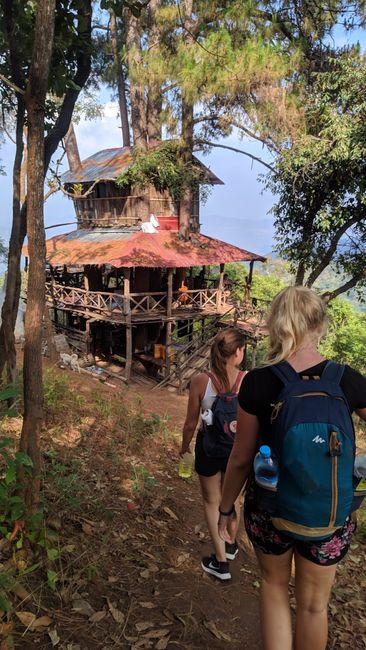
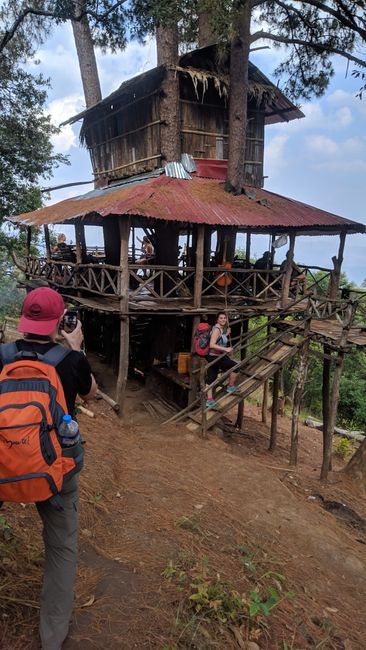
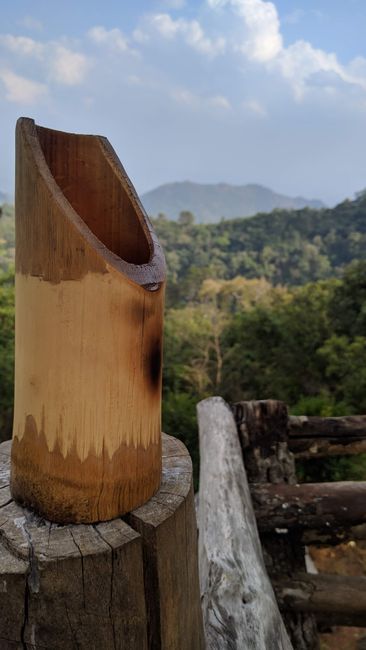
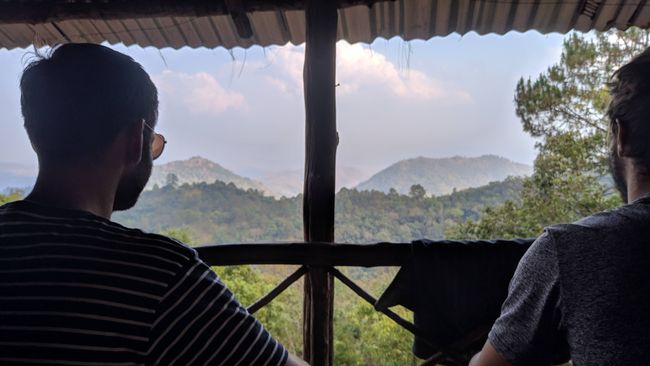
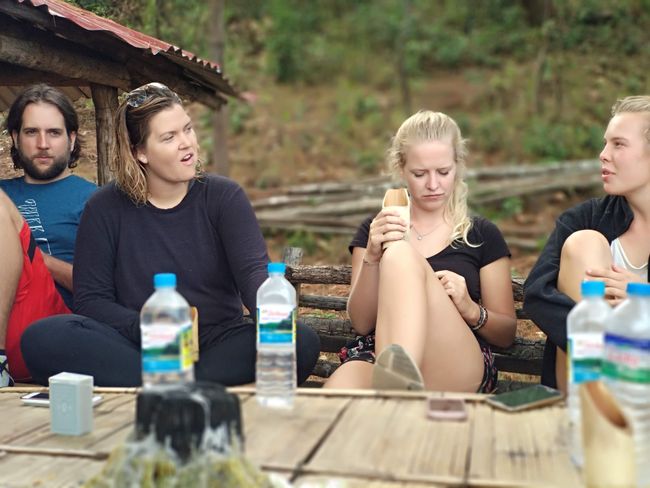
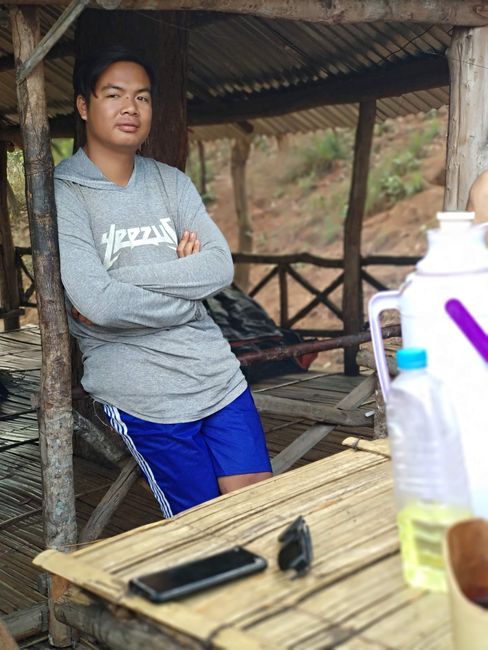
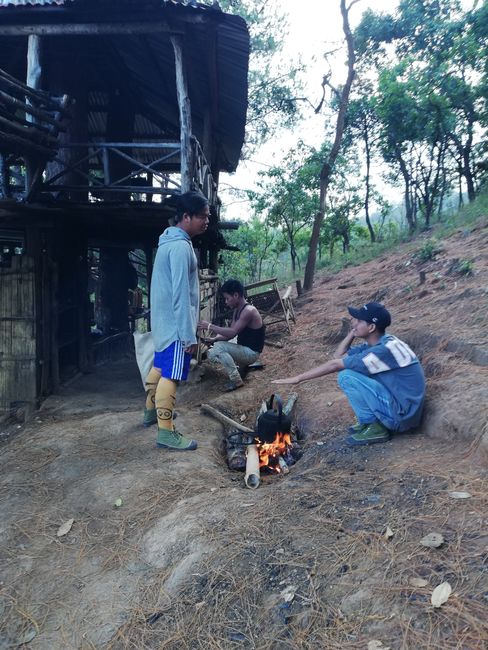
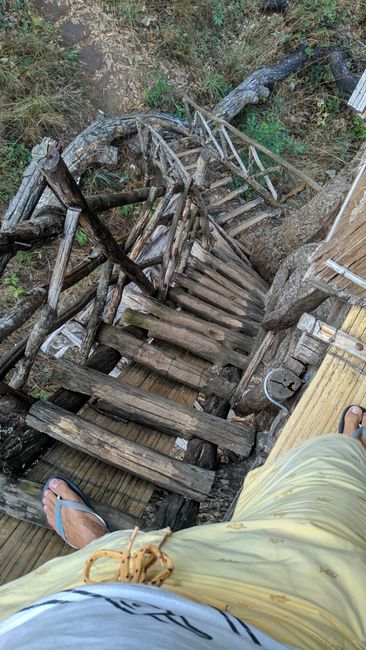
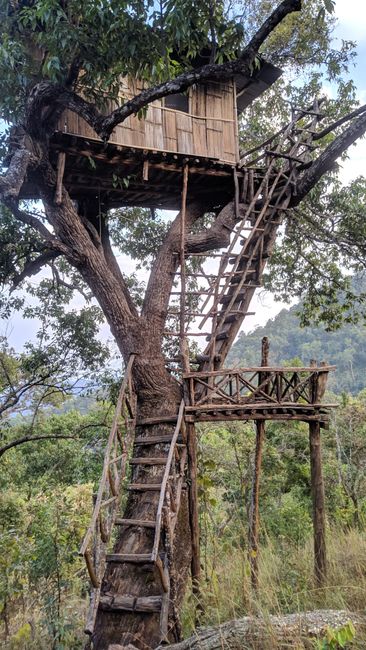
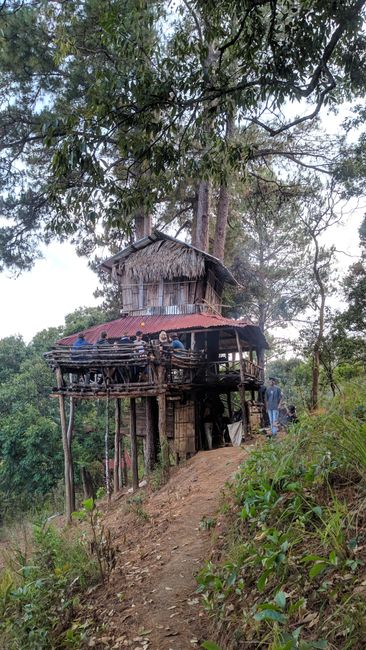
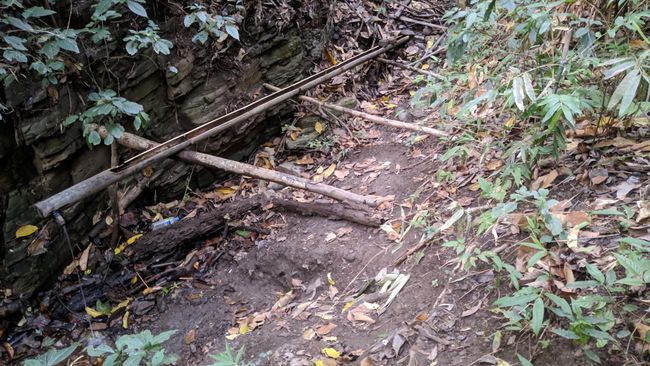
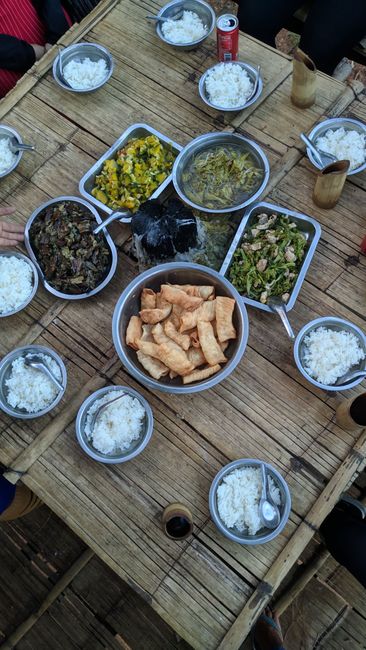
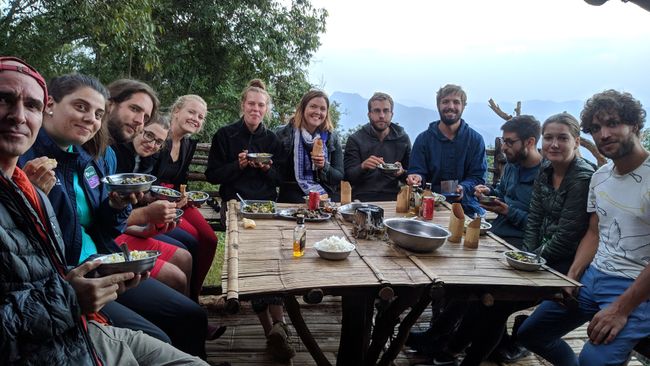
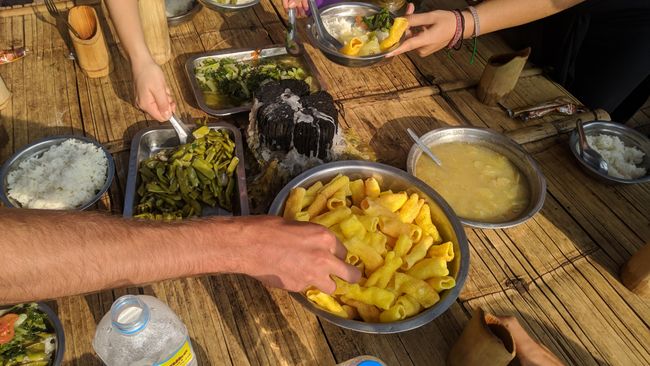
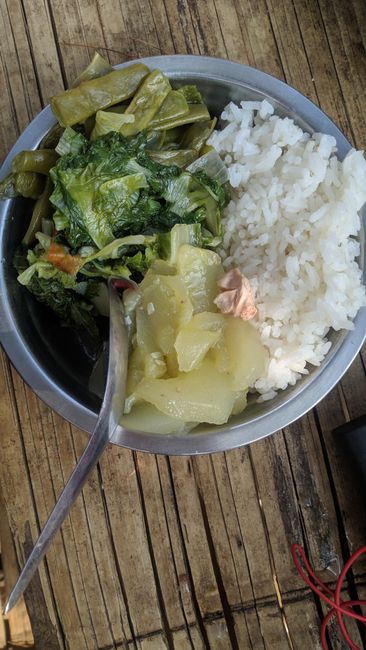
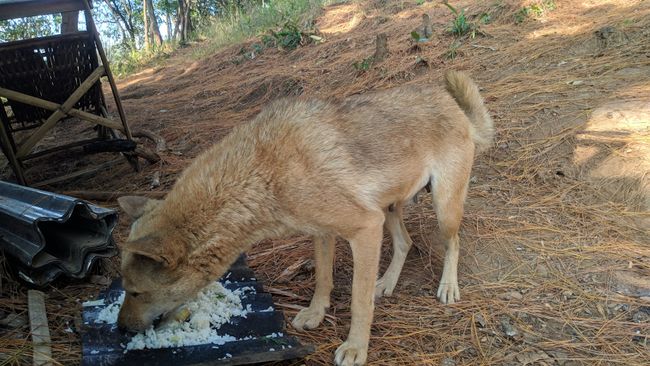
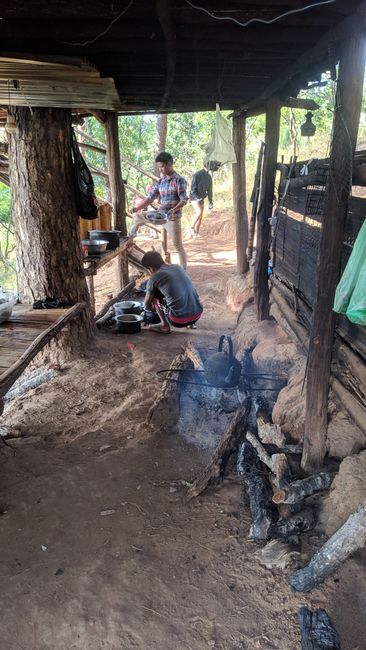
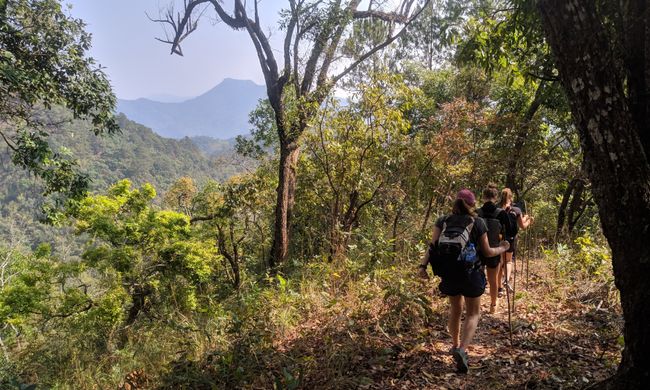
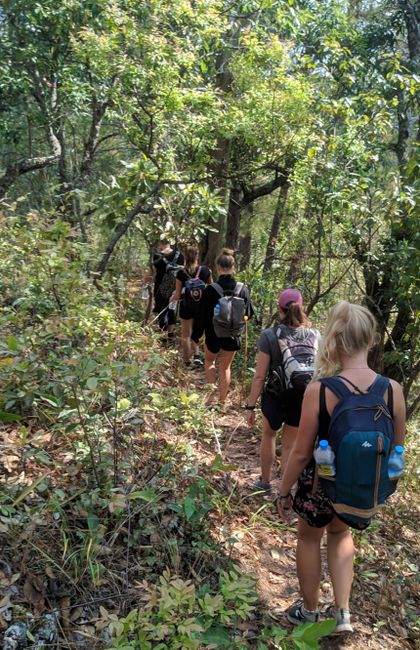
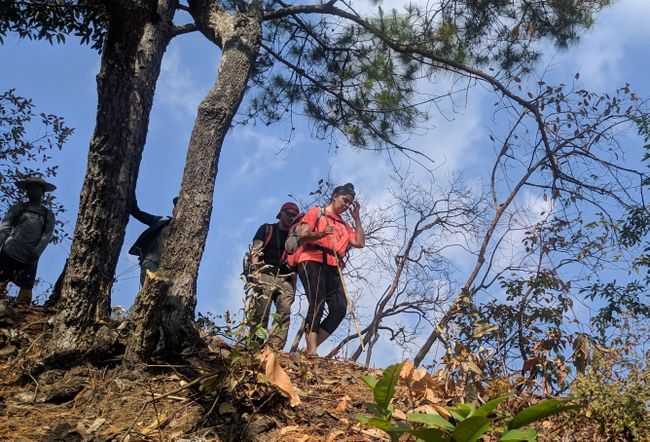
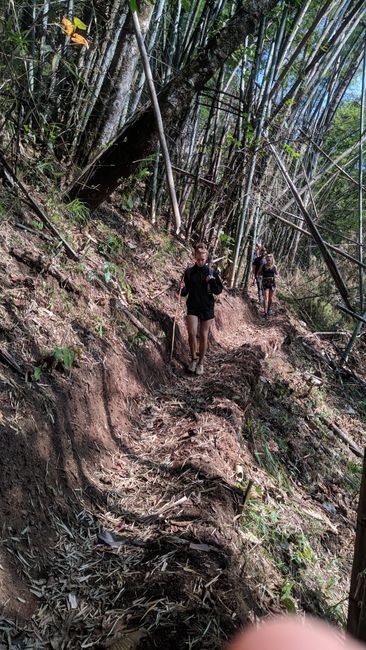
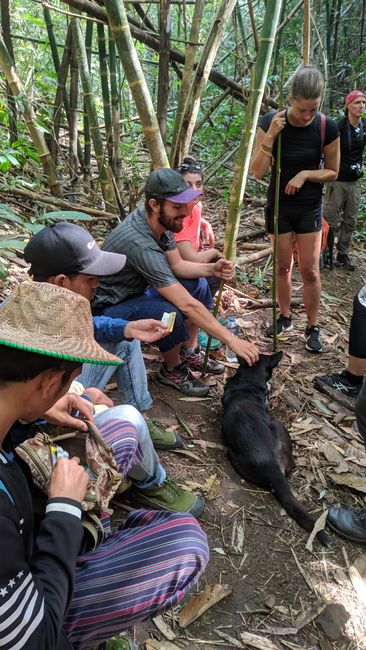
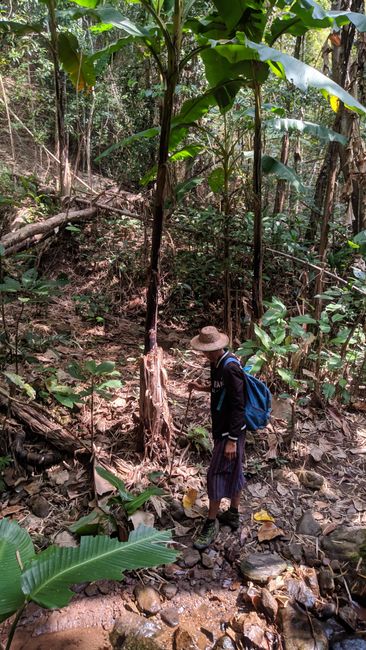
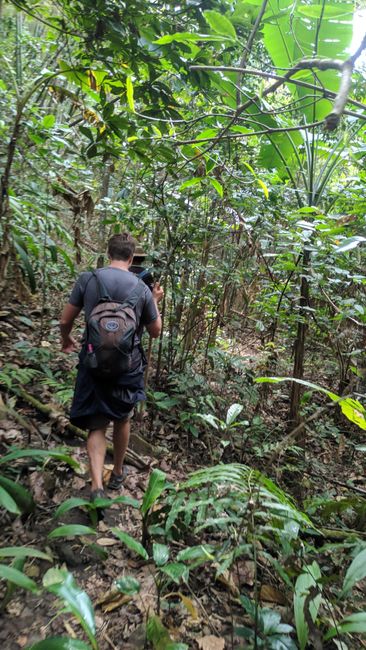
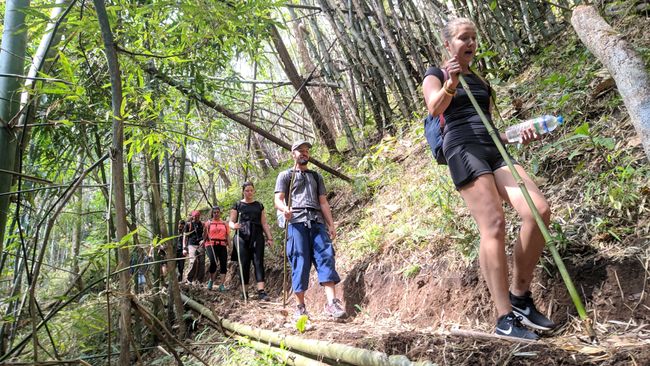
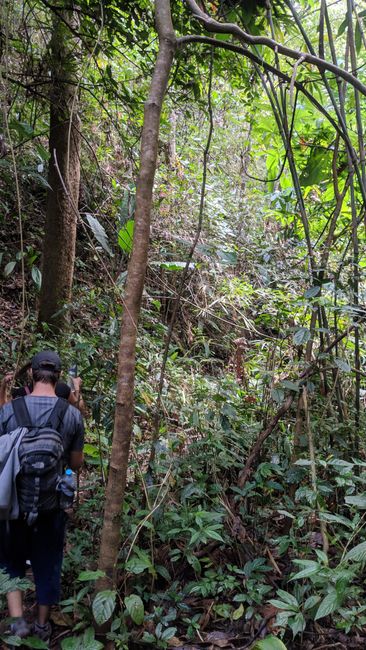
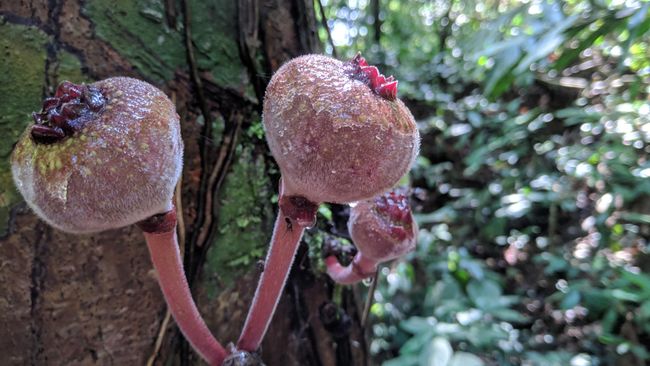
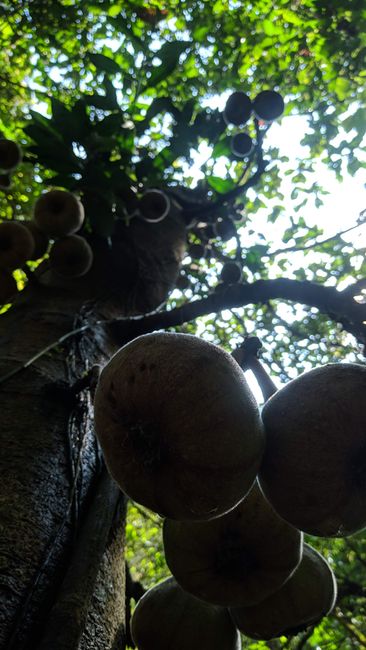
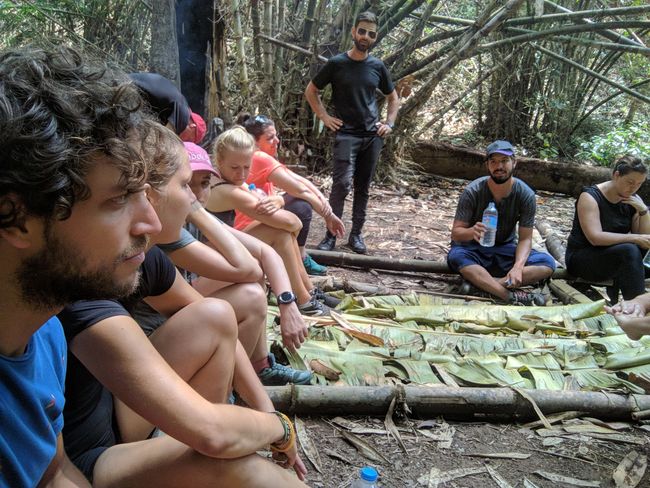
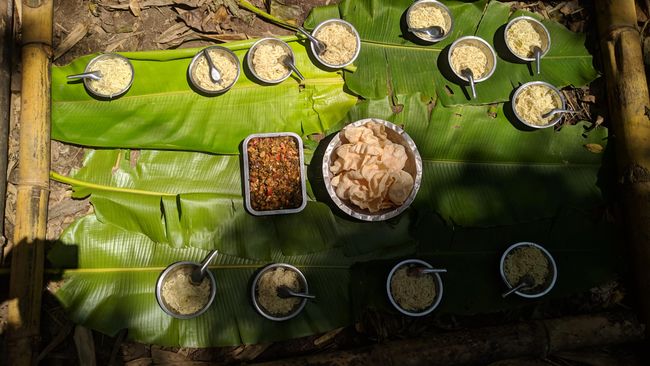
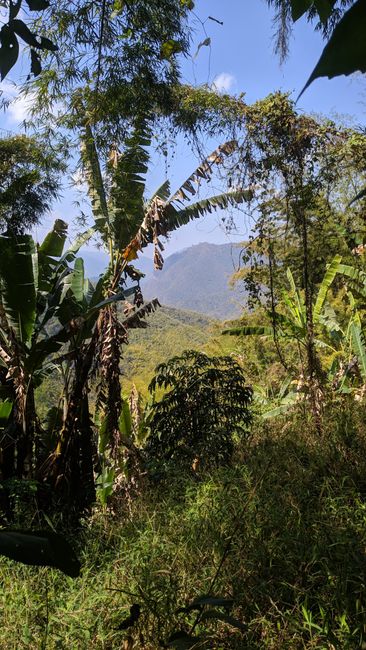
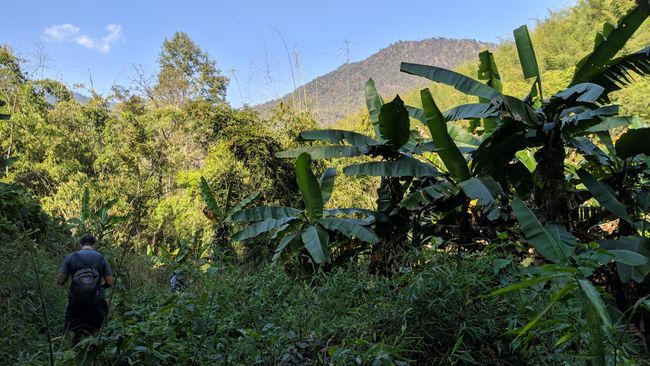
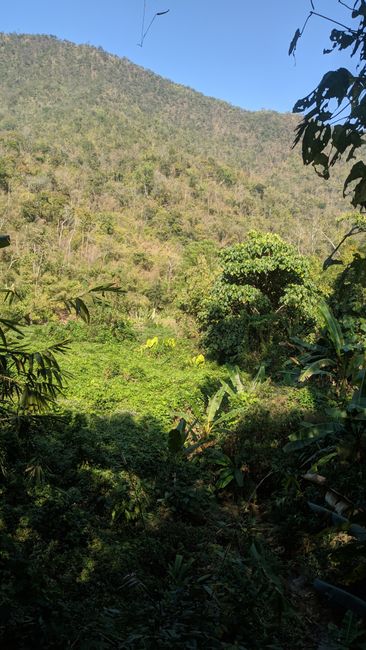
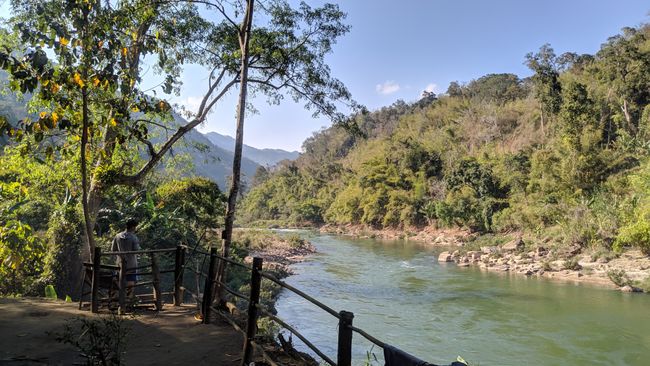
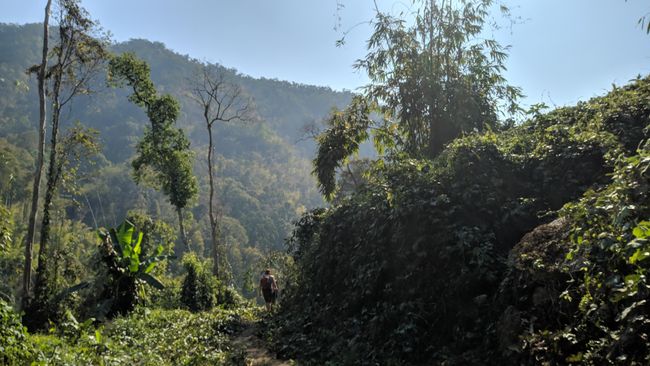
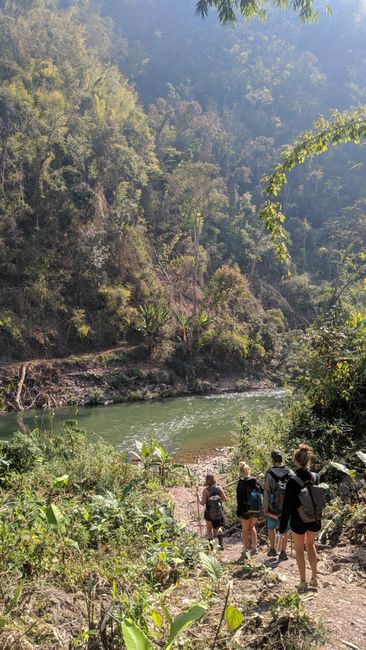
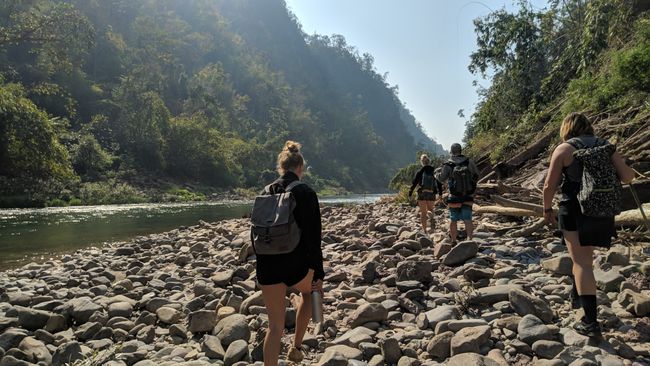
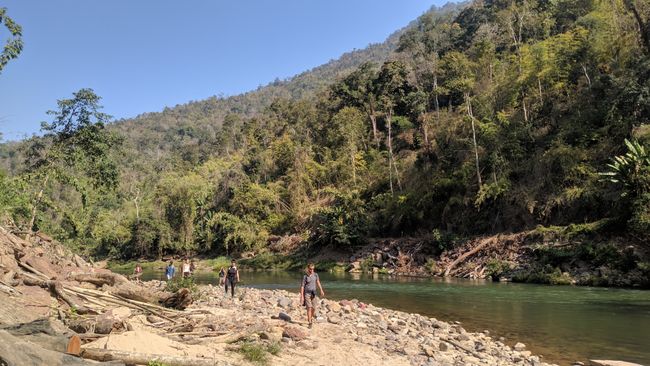
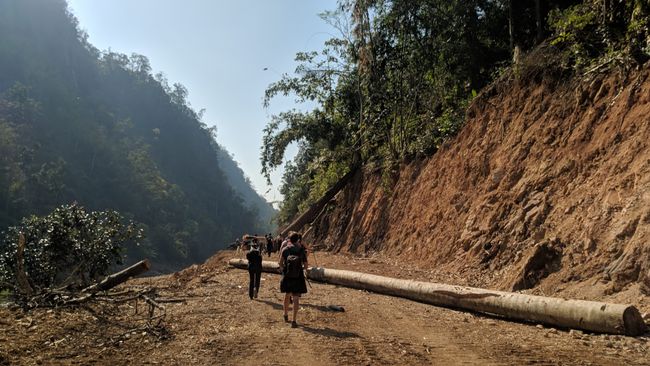
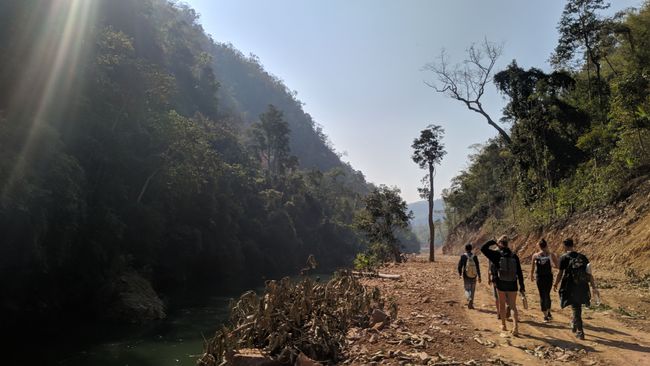
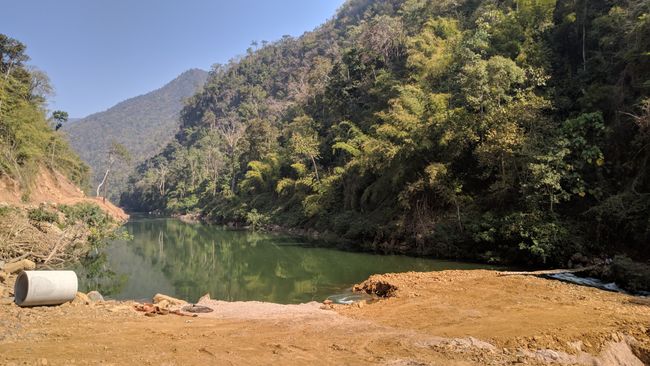
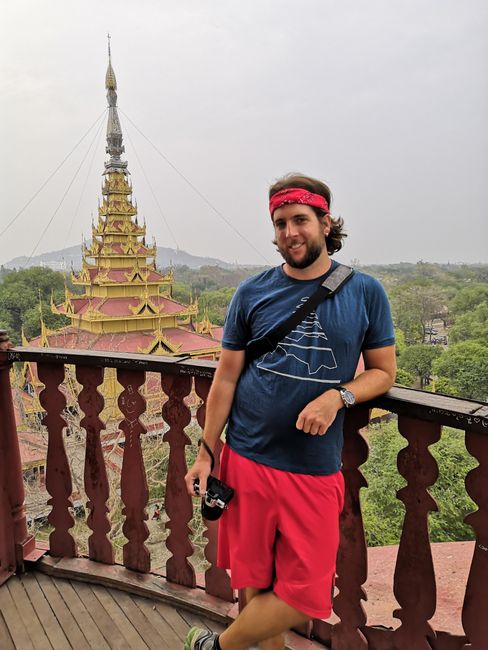
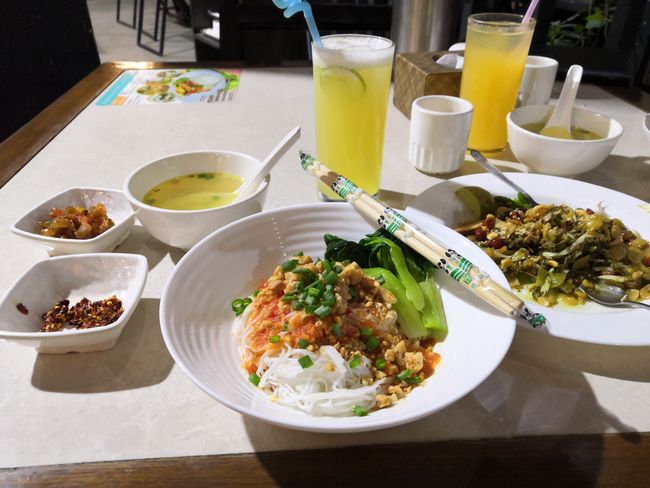
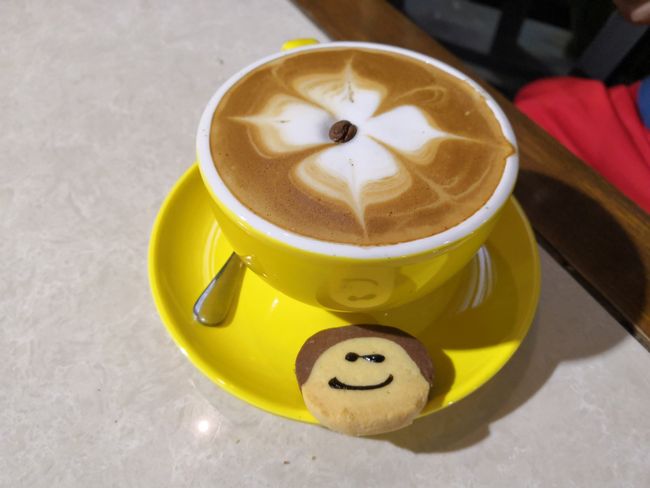
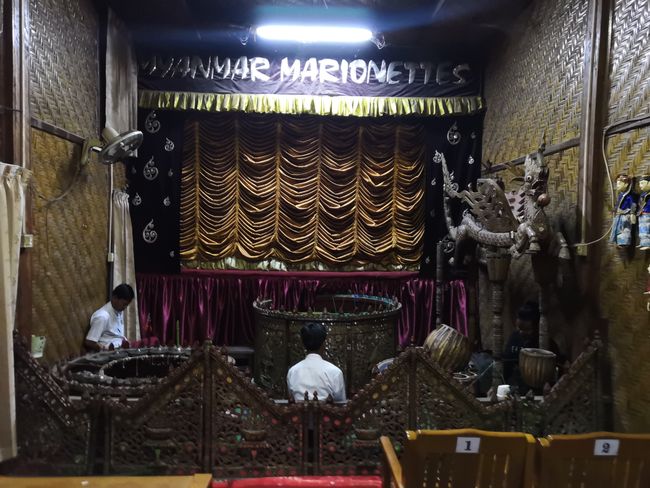
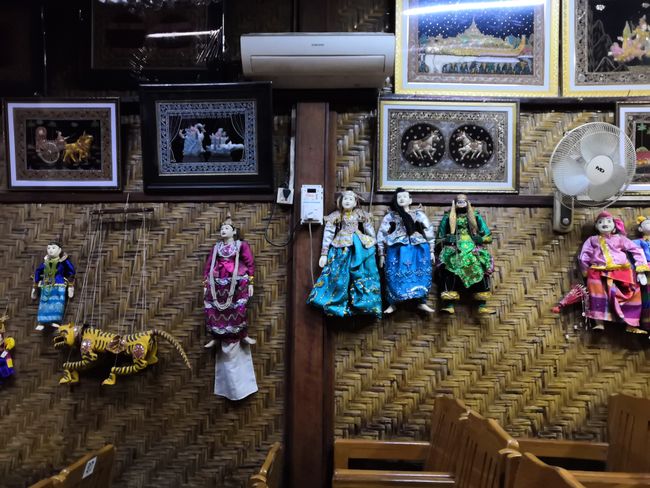
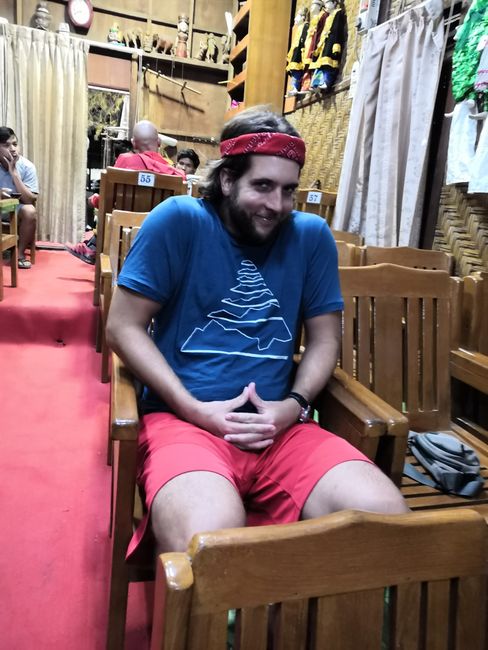
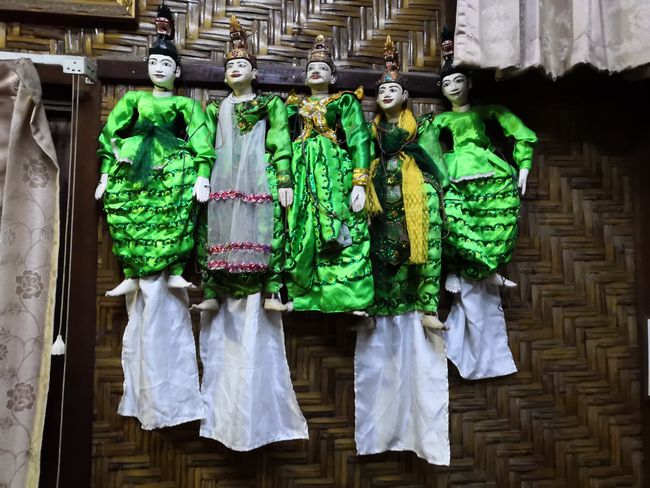
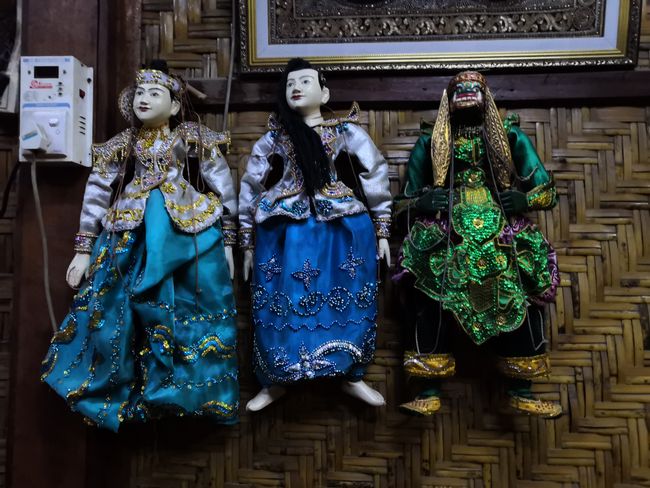
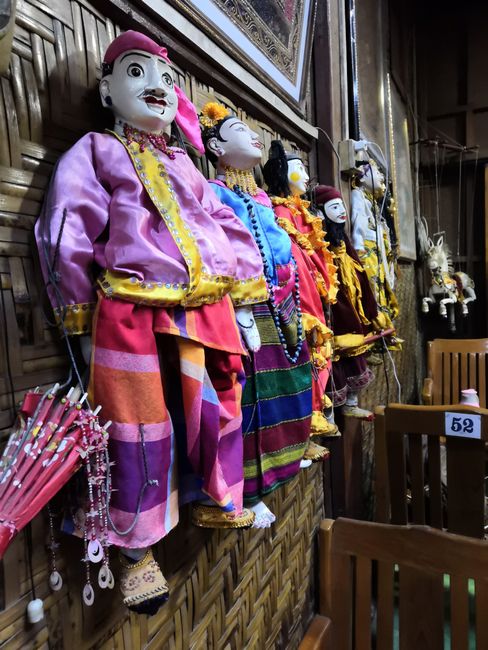
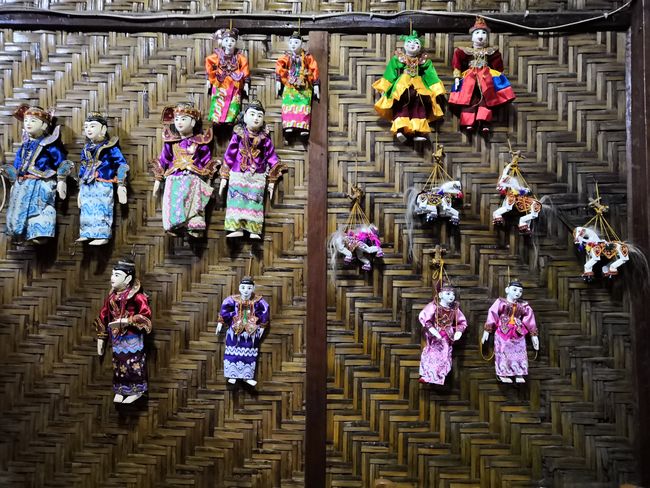
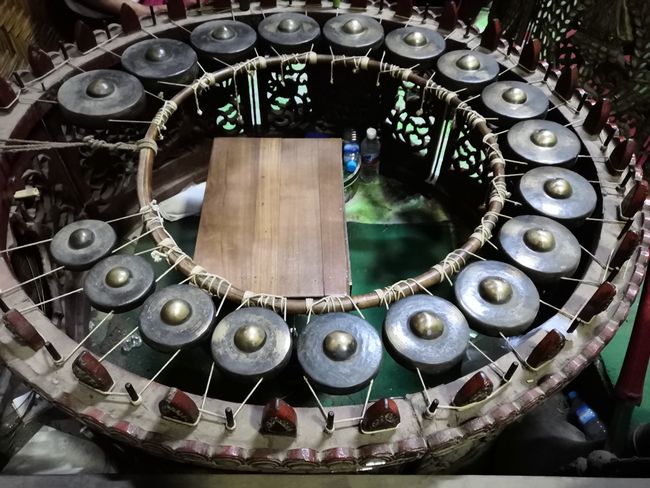
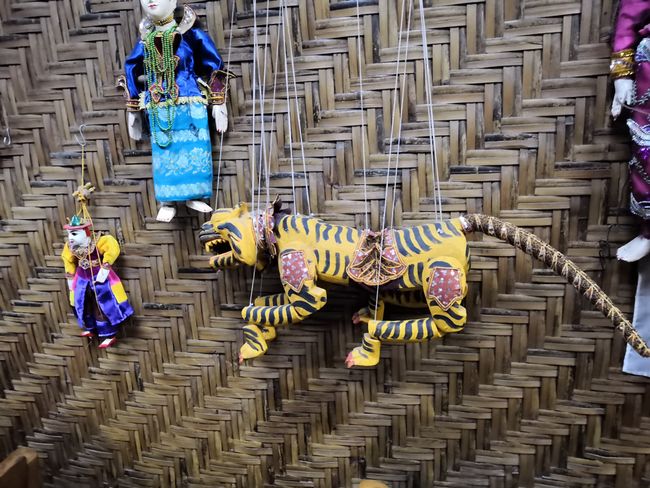
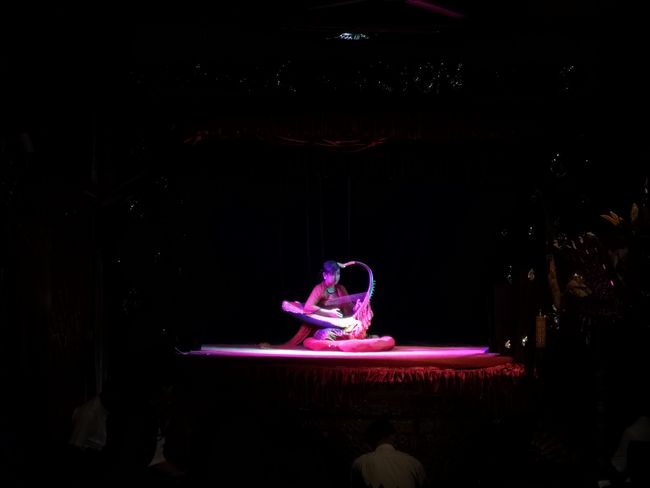
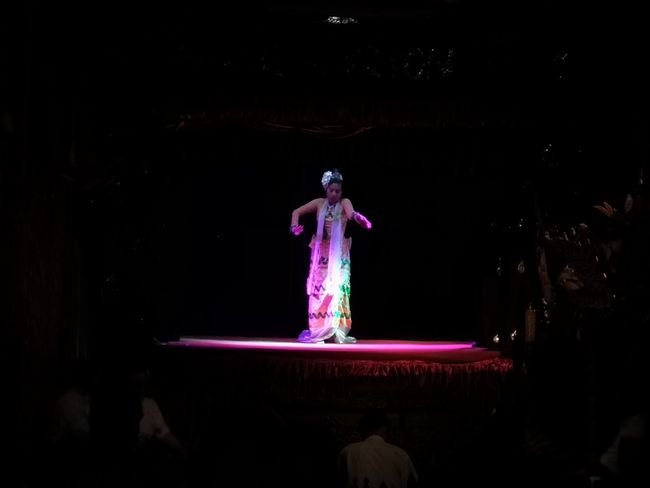
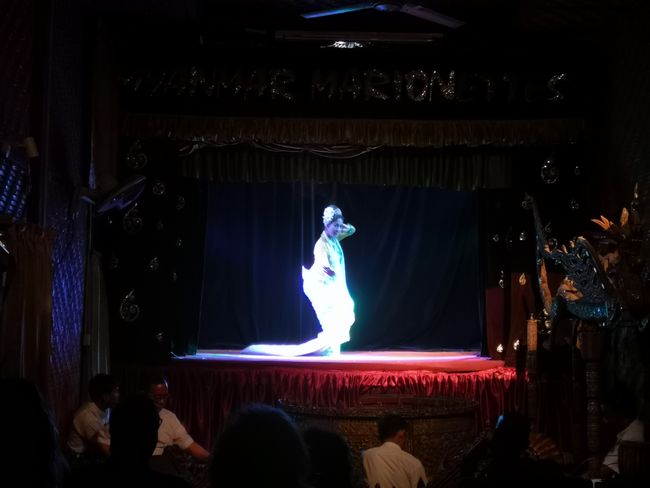
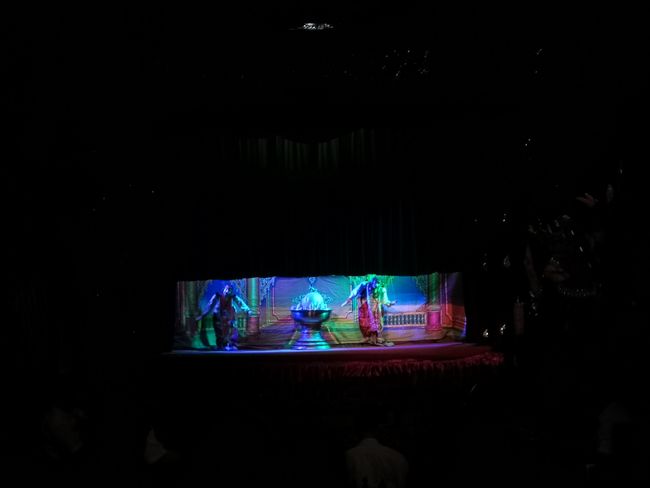
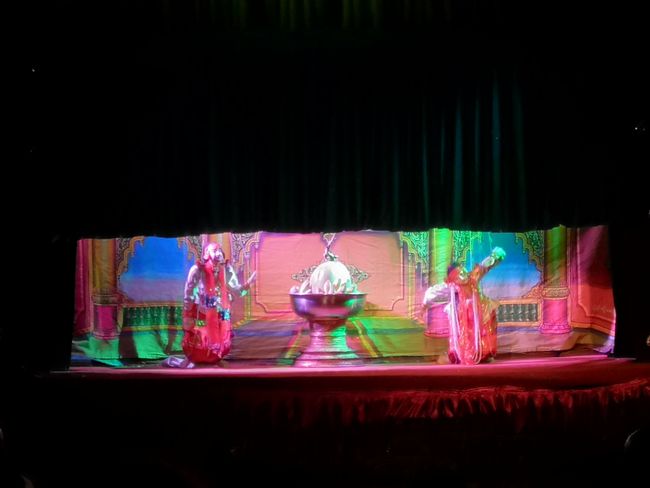
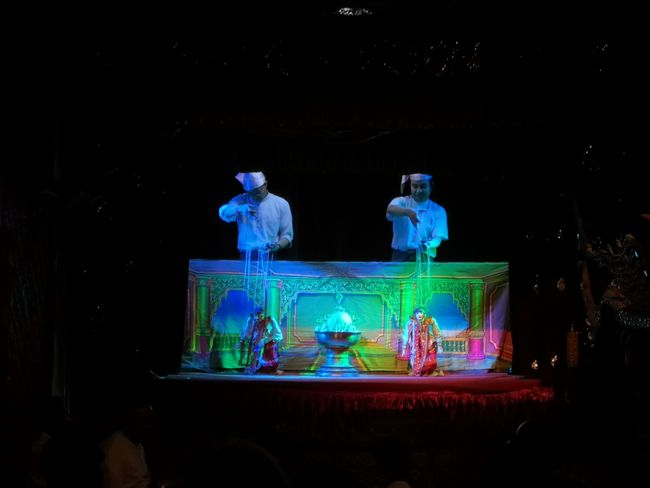
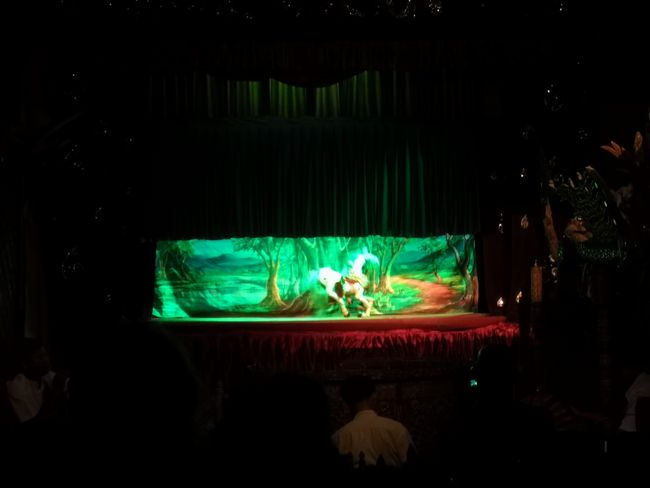
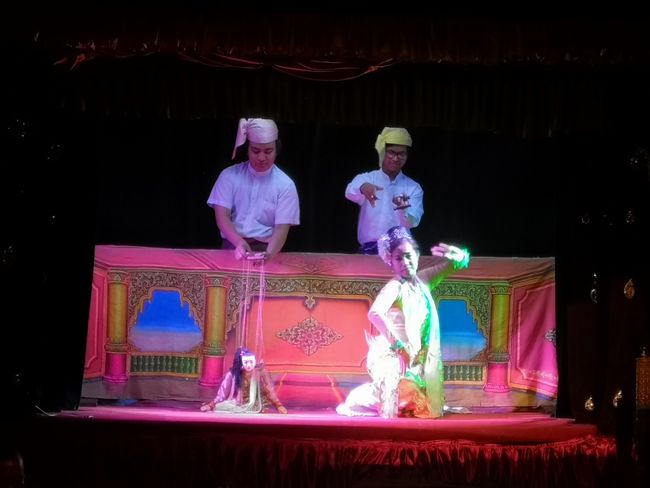
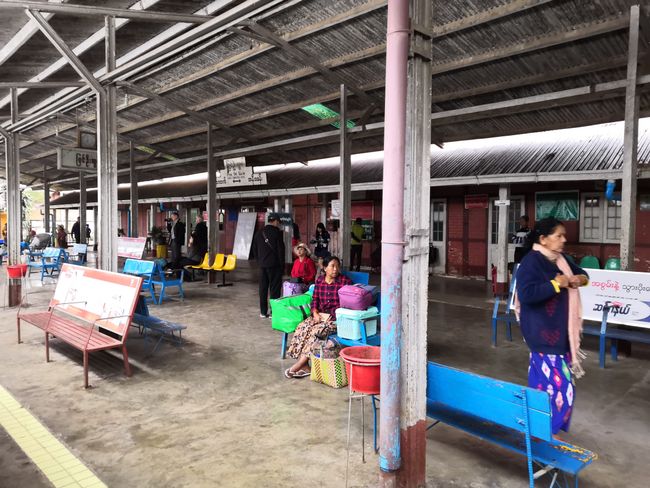
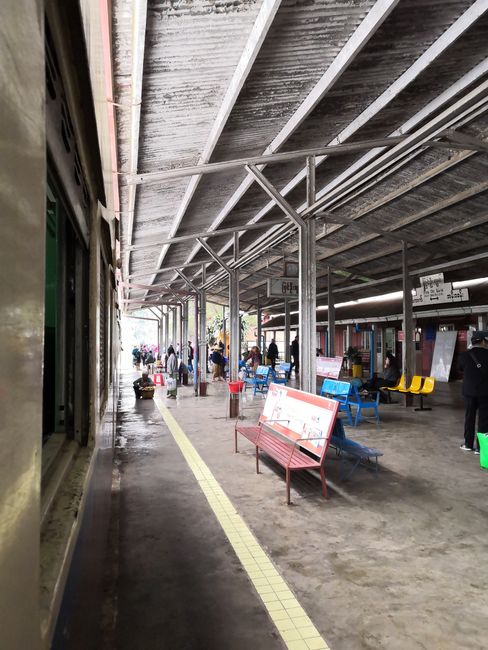
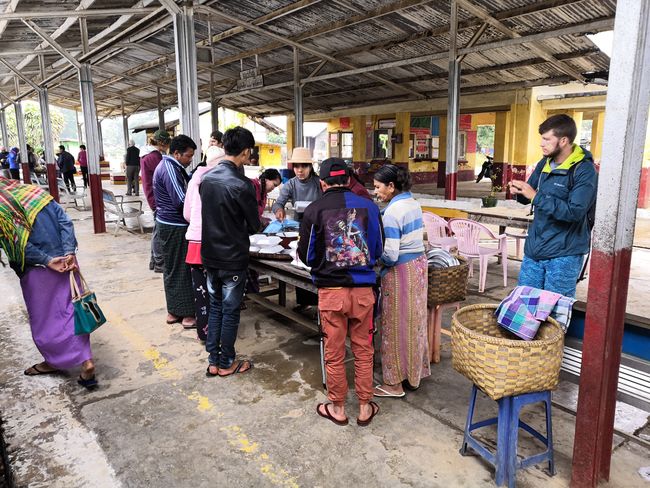
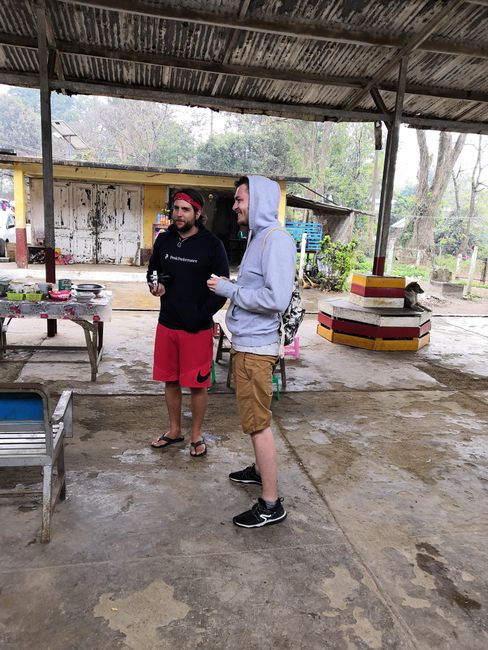
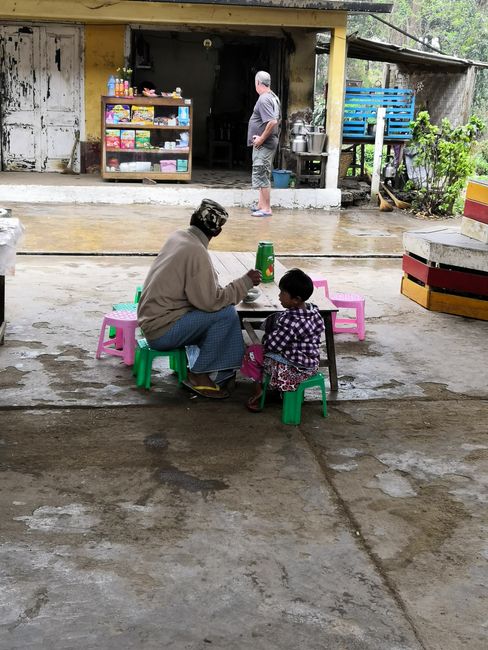
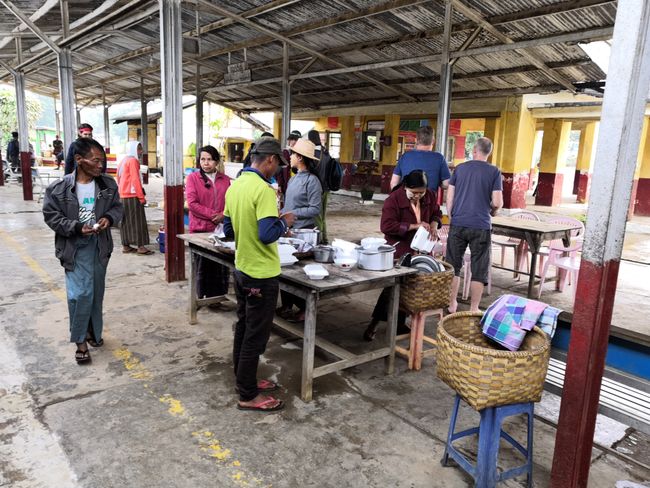
Подписаться на новостную рассылку
At around 11 am, the local bus stopped in front of our hotel. Our seats were towards the back of the bus and extremely uncomfortable. The seat cushions were worn out and the metal frame poked into our backs. The heat and bumpy road made the journey feel like a ride in a sardine can. After six hours, we finally got off the bus, shaken but in one piece. The rest of the day was spent recovering from the journey.
The next day, we visited the Mandalay Palace. It was built in the mid-19th century and is the last royal palace of the Burmese monarchy. Mandalay was the capital of the empire. During the British colonial rule, the palace was occupied and turned into a fort. Most of the palace was destroyed during World War II and was rebuilt in the 1990s. Today, it is a popular tourist attraction.
In the evening, we went to the puppet theater in Mandalay. The show lasted about an hour and gave us a glimpse into Burmese dance, traditional music, and the art of puppeteering. Puppetry was almost extinct a few years ago but can now be studied and learned at the University of Mandalay. The shows are mainly designed for tourists. Before each act, there is an explanation in English, which is quite helpful. Puppetry used to be used for entertainment as well as for political discourse. The figures were able to convey sensitive topics that were otherwise left unspoken. We left the theater with mixed feelings. On one hand, the production was good and the performers did an excellent job. On the other hand, the music was shrill, off-key, and quite unusual. In short, it was a peculiar but good performance.
The next morning, the alarm went off at 2:40 am. We packed our things and walked about 1.5 km to the train station. It was too early to find a taxi at that time. When we arrived at the station, we went straight to the train. We had bought the ticket the day before. To our surprise, we discovered an Upper Class carriage. When we bought the ticket, we were told that there was no such carriage. The prospect of not having to spend the 10-hour train ride on a plastic bench motivated us to go back to the ticket counter, despite the early morning hour. The man at the counter knew nothing about the Upper Class carriage. He said his colleague at the next counter was responsible for it. However, that counter was closed. Hoping to arrange the upgrade with the conductor, we went back to the train. But the conductor insisted that we had to solve the ticket issue at the counter which was now open. So, ten minutes before departure, we went to the counter again, which, by the way, was at the other end of the station. Finally, at 3:50 am, we were able to upgrade our tickets, rush back to the train, and settle into the First Class compartment. The experience reminded us of the 'Passierschein 38A' scene from 'Asterix and Cleopatra'. ;-)
We dozed off and passed the time with music. The view from the window was fantastic as we crossed a plateau in the Shan State. This is the 'vegetable garden' of Myanmar, with strawberry, watermelon, bean, corn, rice, onion, garlic, and wheat fields, among others. During the rainy season, everything should be lush and green. Shortly after noon, we crossed the famous Goteik Viaduct. With its 250 meters above river level, it is the highest bridge in Myanmar and the largest railway trestle bridge in the world at the time of its completion in 1900. The bridge was built by the Burma Railroad Company as part of the British expansion efforts. Crossing the structure at a slow pace was an impressive experience. We reached Hsipaw, our next stop, around 4 pm. It was rather cold here because it was raining. After checking in, we went exploring. Hsipaw is a very small town and mainly serves as a starting point for treks. We also planned to do a trek. We booked a three-day jungle trek with Mr. Bike. We were lucky to be able to go on this hike. Just a few days ago, there were clashes between two ethnic groups in this area. The Burmese military has secured the combat zone. A total of 16 such ethnic groups are involved in local territorial conflicts. It is remarkable how the local population deals with these conflicts as a matter of course.
The next morning, we were picked up in front of our hotel at 8 am. At Mr. Bike's office, we met the other participants. The group was diverse. In addition to us, there was a Norwegian, a Finn, a German, a Dutchwoman, a Spanish couple, a Hungarian, two Americans, and a Canadian. We were accompanied by three guides, two cooks/porters, and three dogs. We took a taxi to the starting point of the trek. From there, we passed through two villages before entering the jungle. After lunch, we embarked on a three-hour ascent. It was steep and exhausting. Sweating, the group reached the summit of the mountain. From here, it took just under 40 minutes to reach the first accommodation. We arrived at the three tree houses in the afternoon. We settled into our quarters and prepared for the night. The view was phenomenal. We ended the evening with a meal and a glass of rice wine, and went to bed tired. It got relatively cool at night, but thanks to the blankets, no one had to freeze.
The next morning, after breakfast, we set off for the second stage. By the way, it should be mentioned that all meals except one consisted of rice and vegetables. The food was delicious but not very varied. The water bottles were refilled with river water. The second section took us through dense jungle. We walked along a small stream that had to be crossed in many places. We could hear some birds and monkeys but unfortunately didn't see any. The dogs roamed around the group. Their smell alone probably scared off all the animals. However, we felt safe from snakes and other wild animals. After lunch and another ascent, the trail mostly descended. After about seven hours, we reached the second camp near a river. The first thing we did was enjoy a refreshing bath. It got very cold in the evening. Each of us needed two blankets to sleep comfortably.
The last day was much less strenuous. After breakfast, we walked for 45 minutes downstream. We changed clothes and spent a little over two hours floating down the river on inflated tubes. Tubing was relaxing but a bit chilly. After our time in the water, we changed again and walked a short distance to the next village. Here, we were served traditional Shan noodles with pork belly crackers and eggs. Then, the taxi took us back to Hsipaw. After three days in the jungle, we were looking forward to a warm shower!
We continued to Inle Lake, eight hours away, by minibus at 7 pm.
Подписаться на новостную рассылку
Отвечать
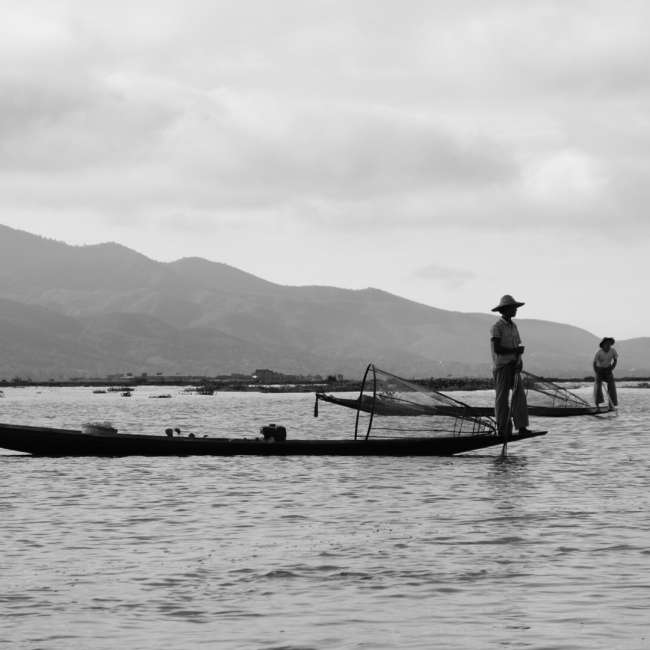
Отчеты о поездках Мьянма
